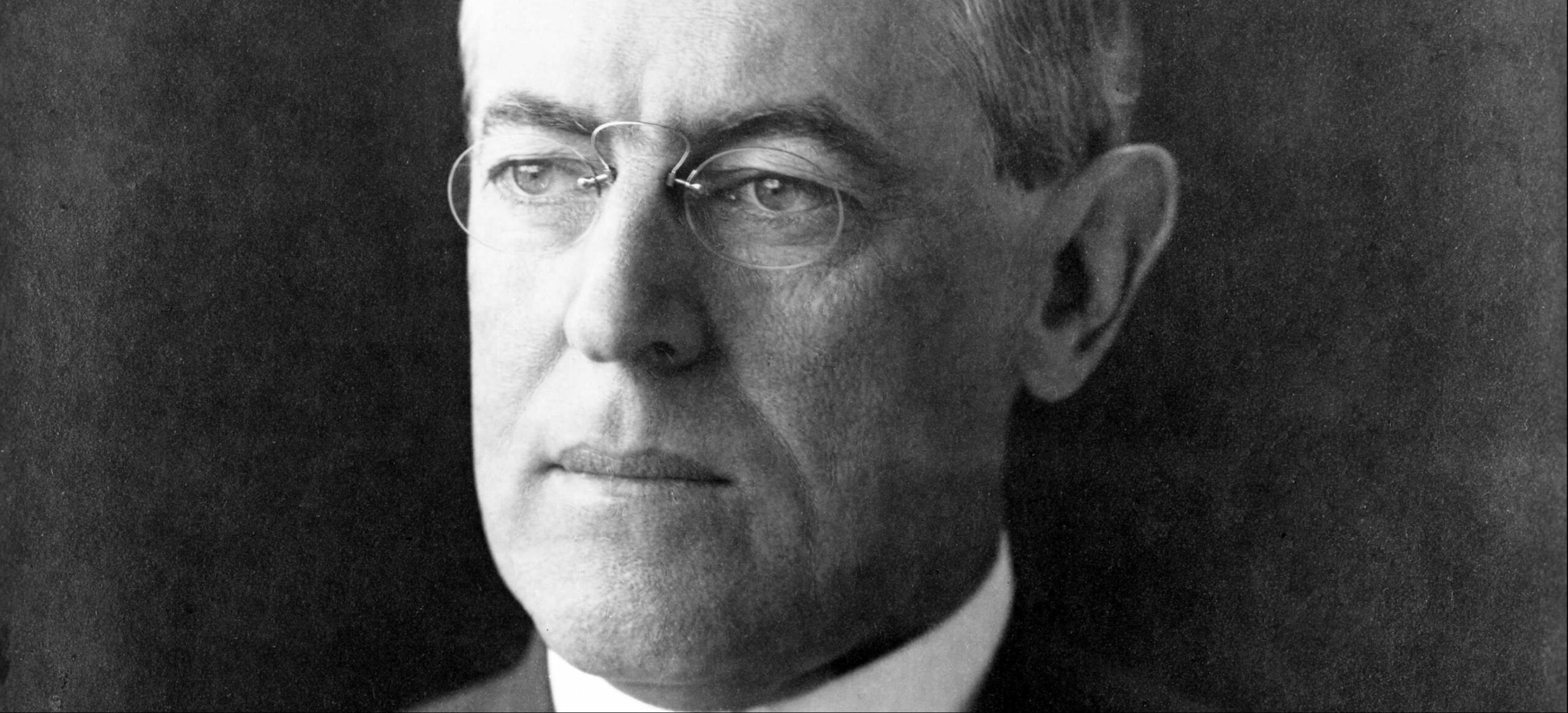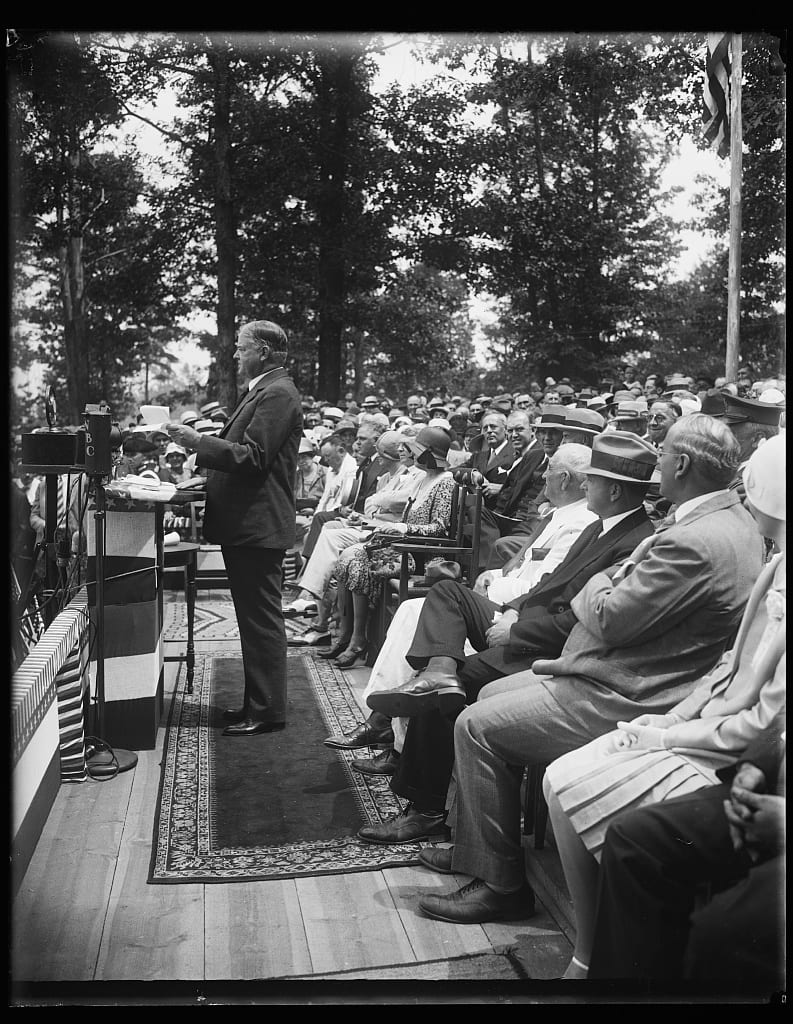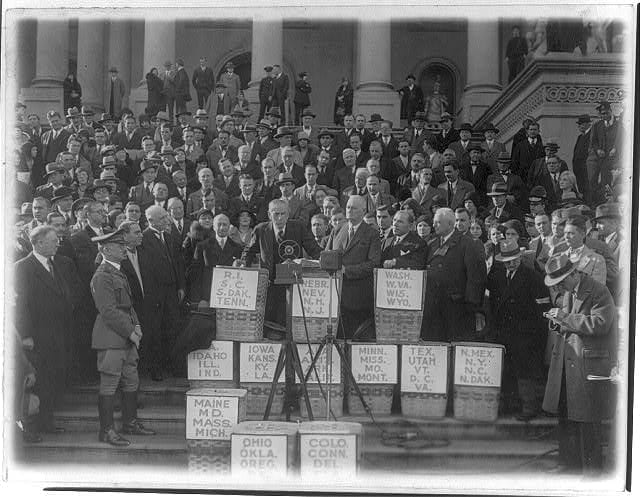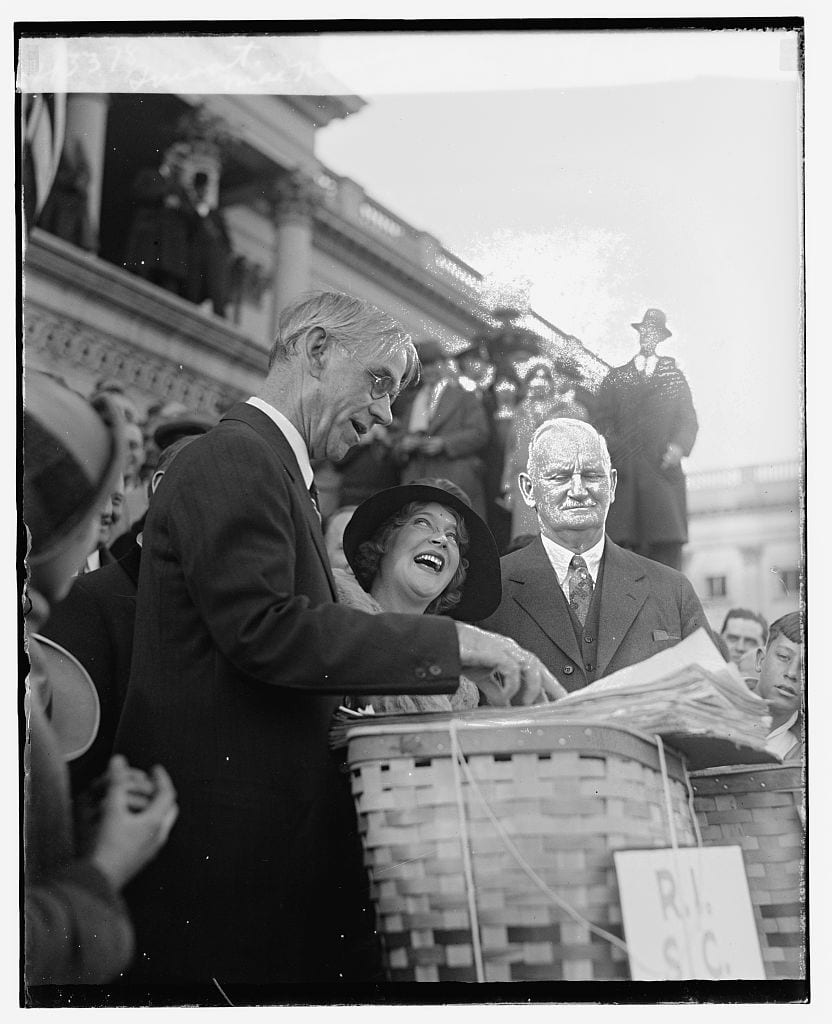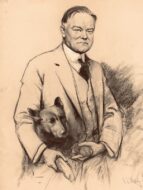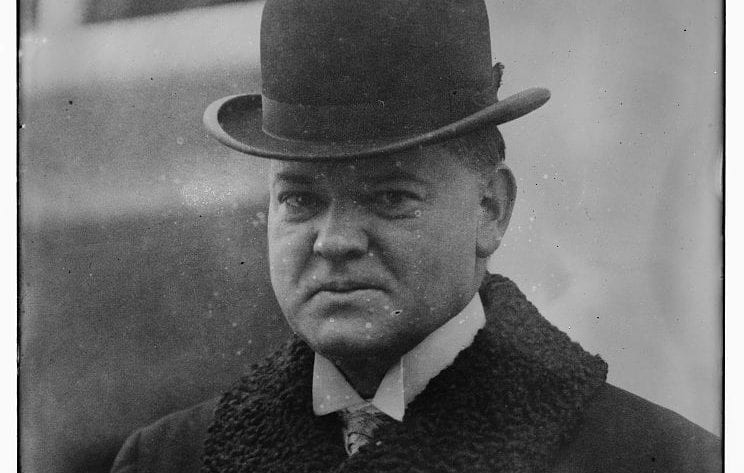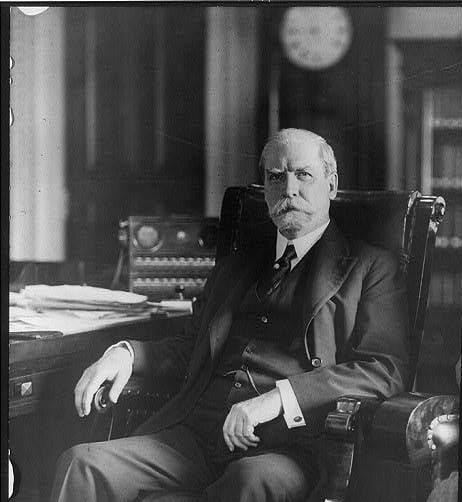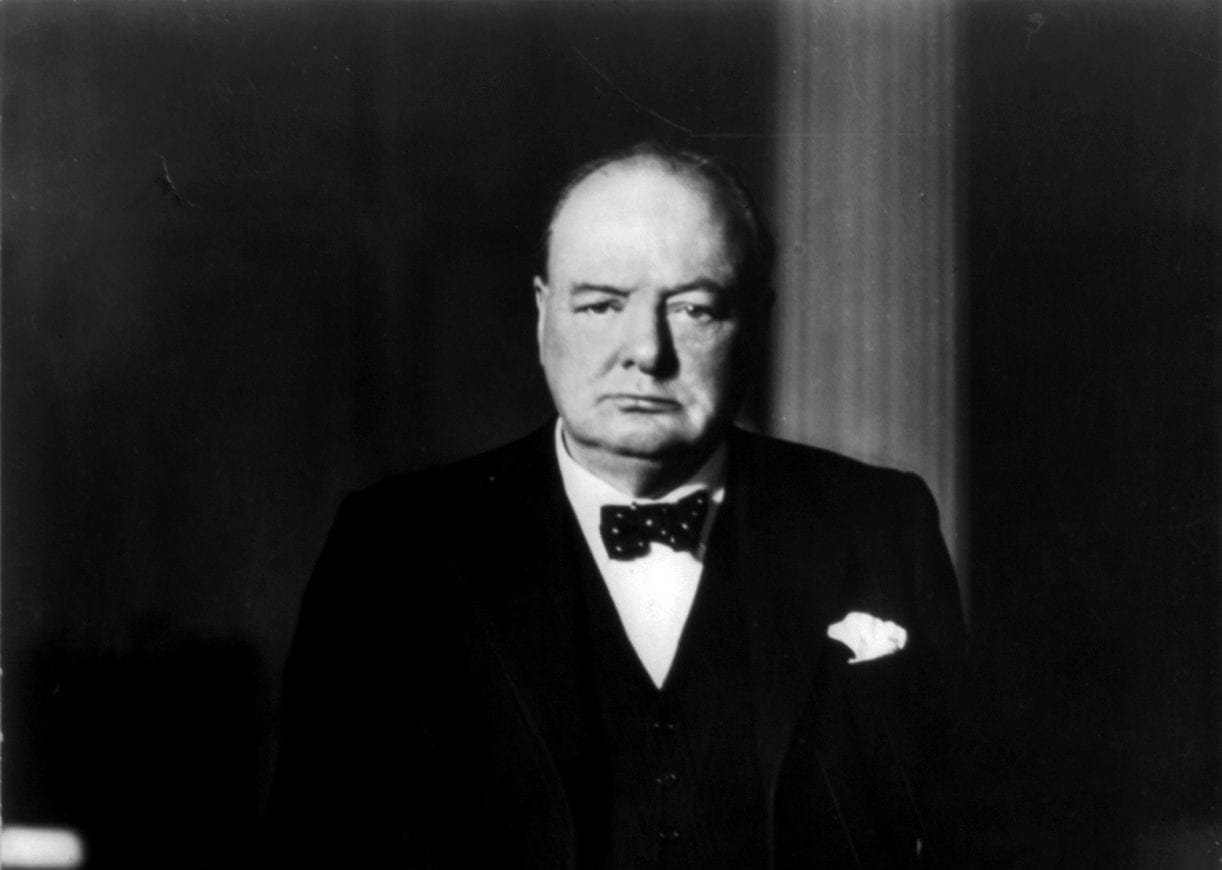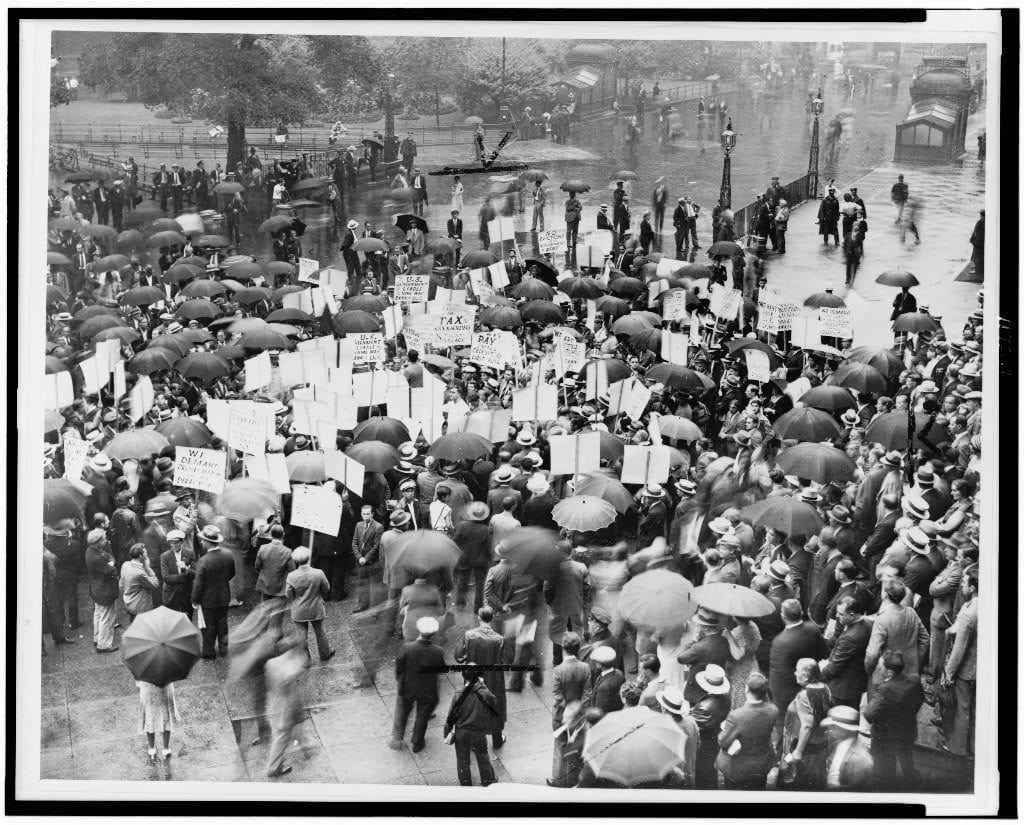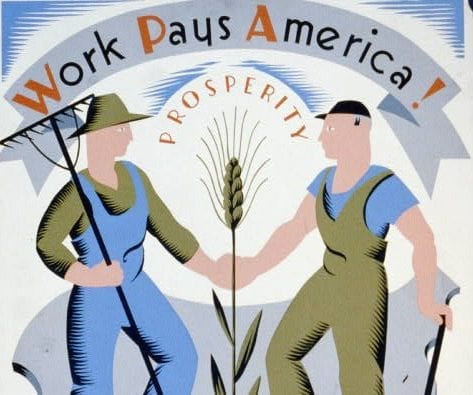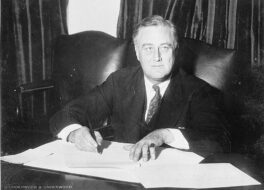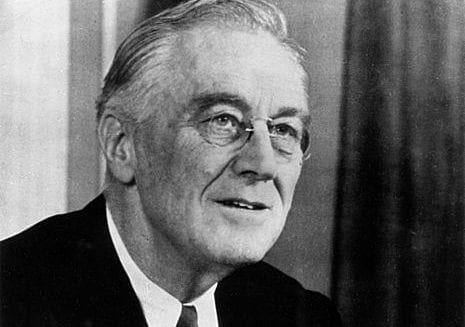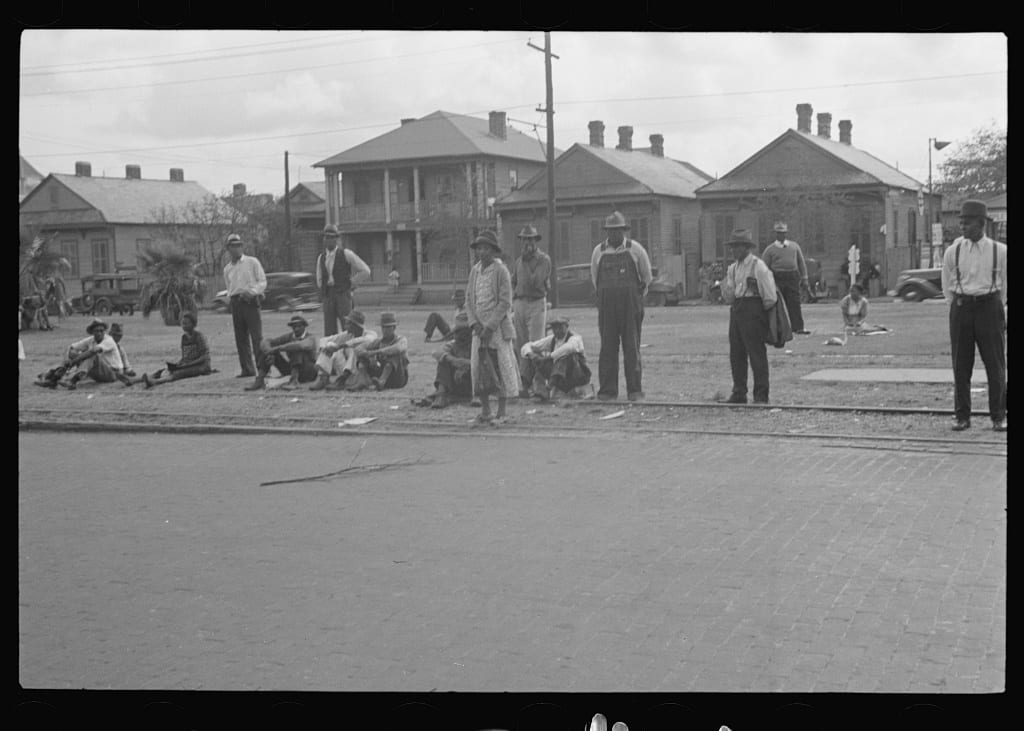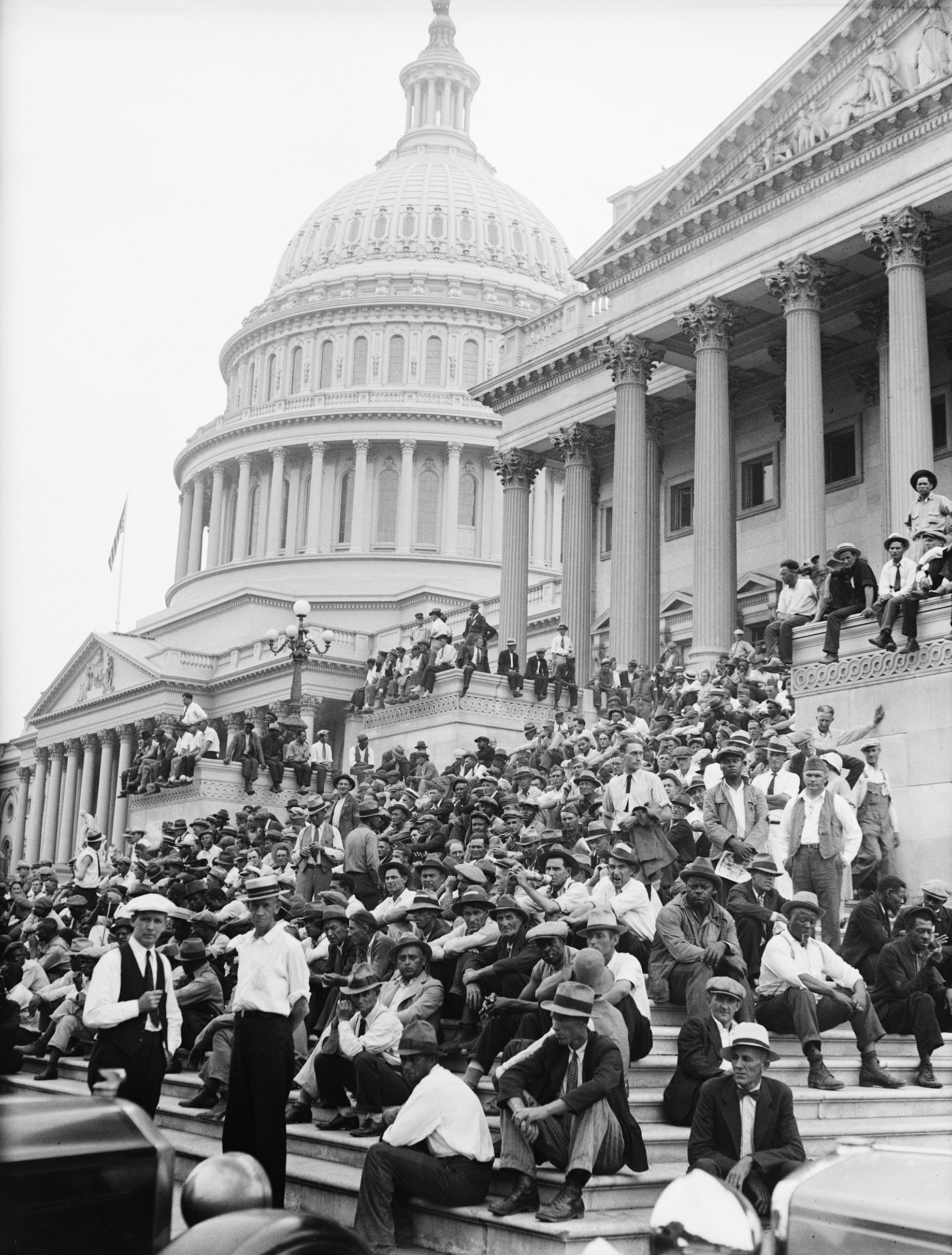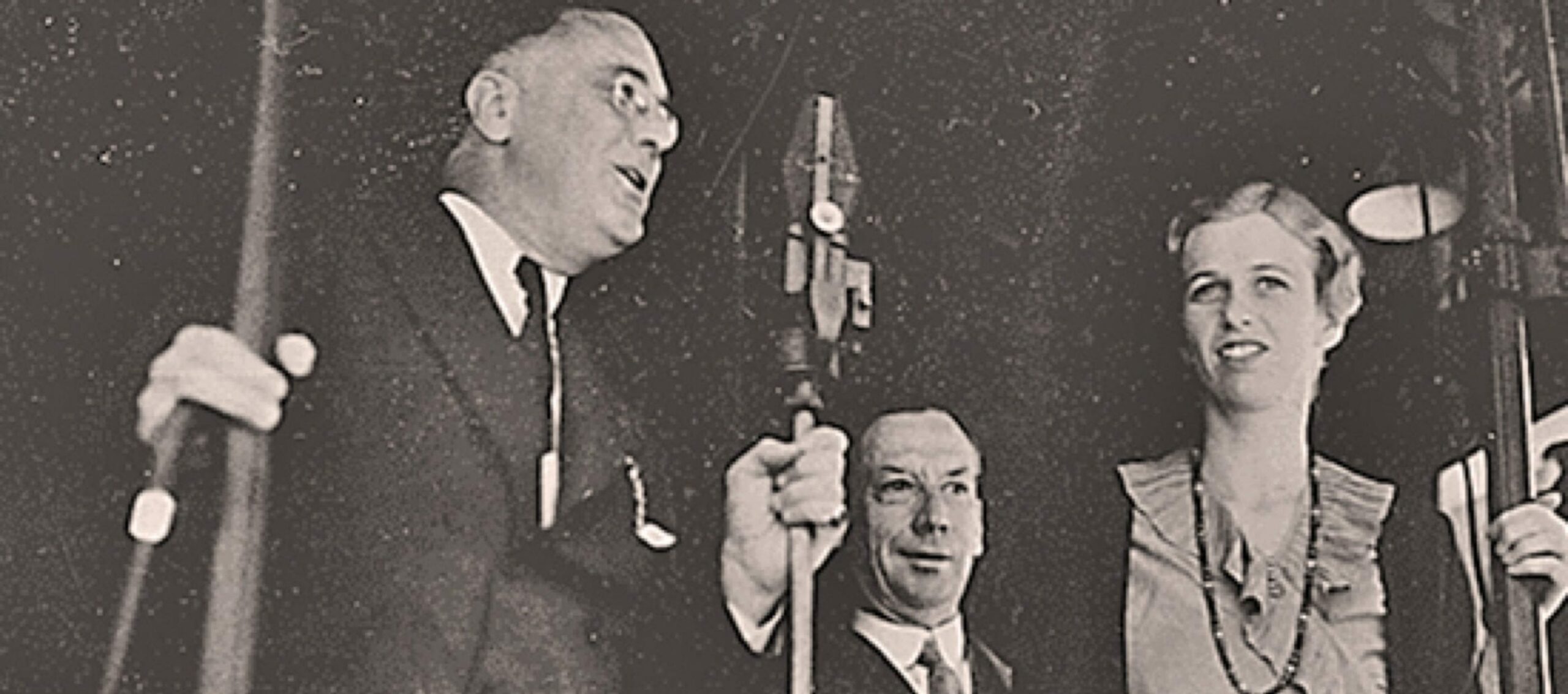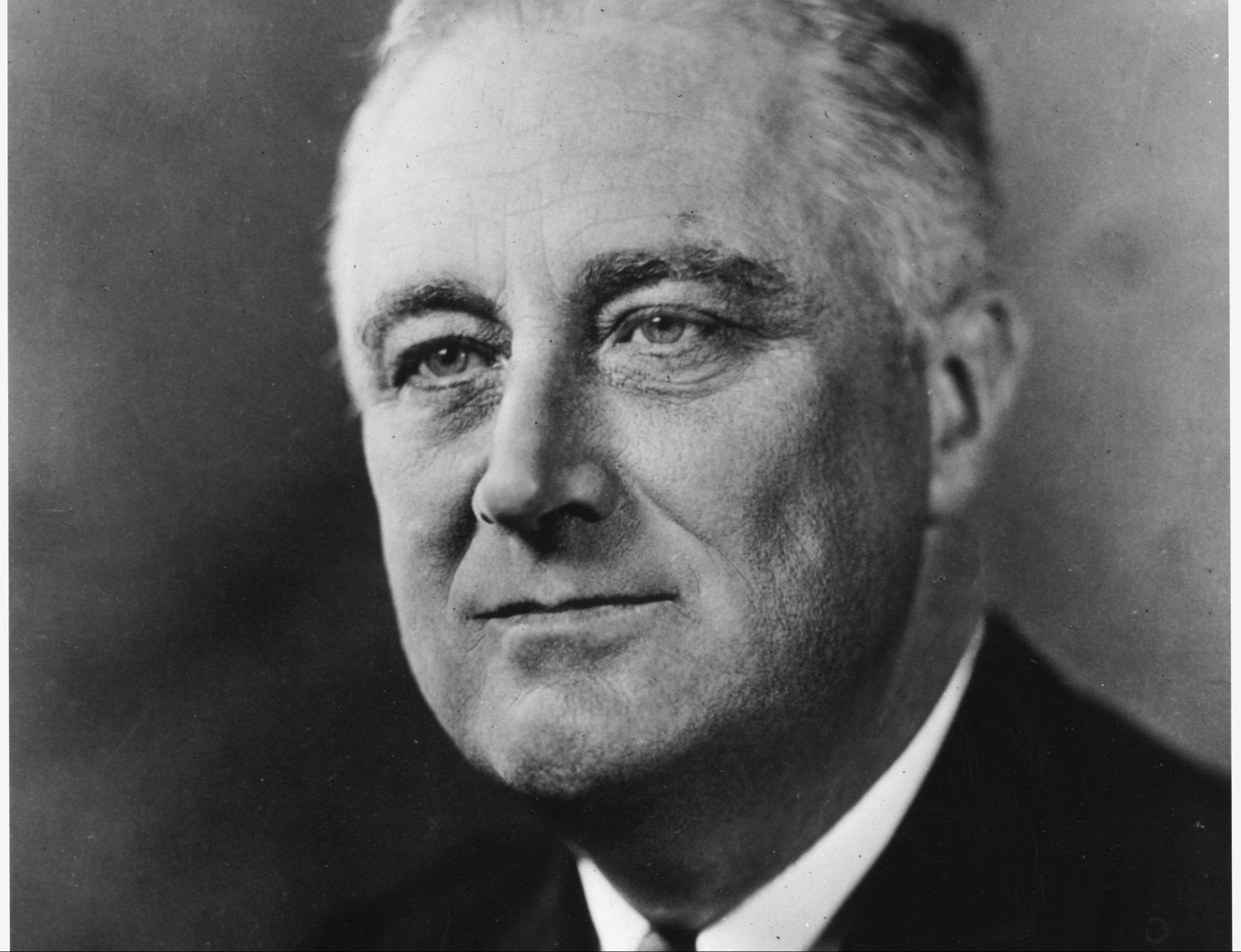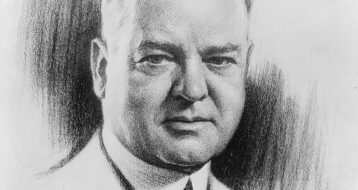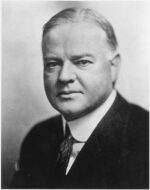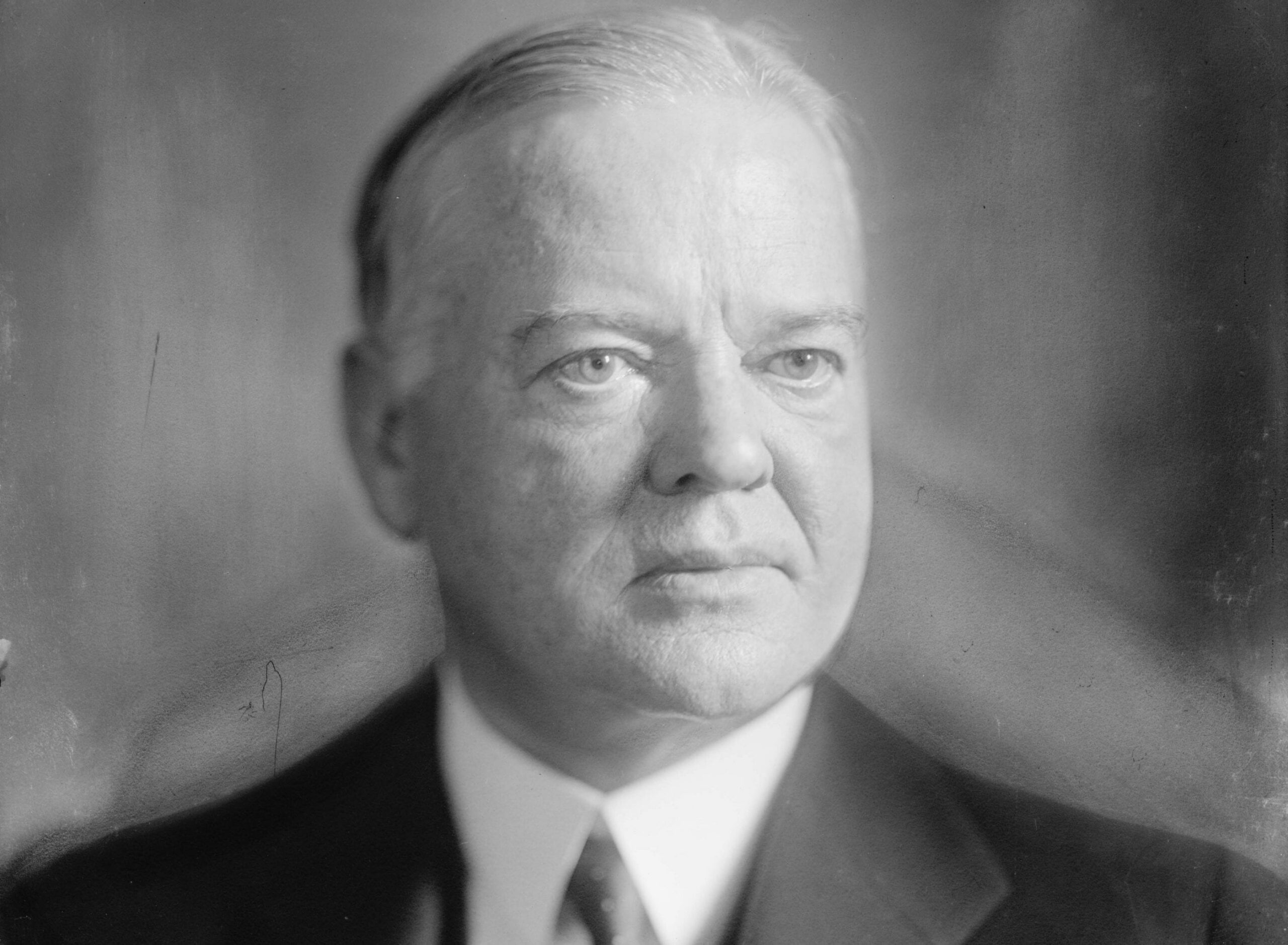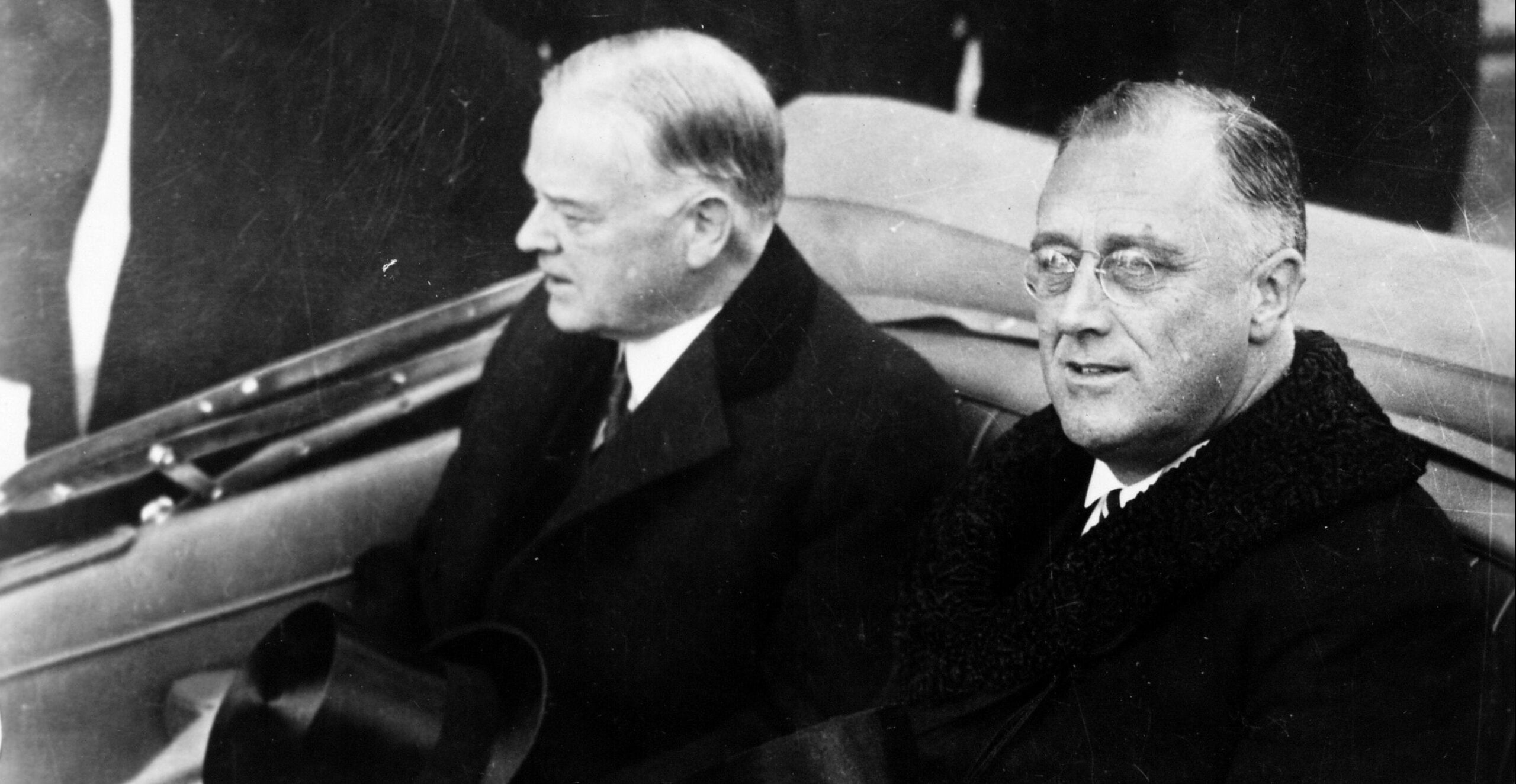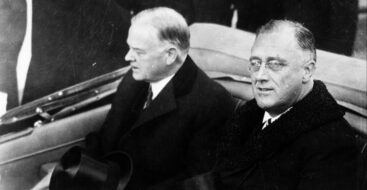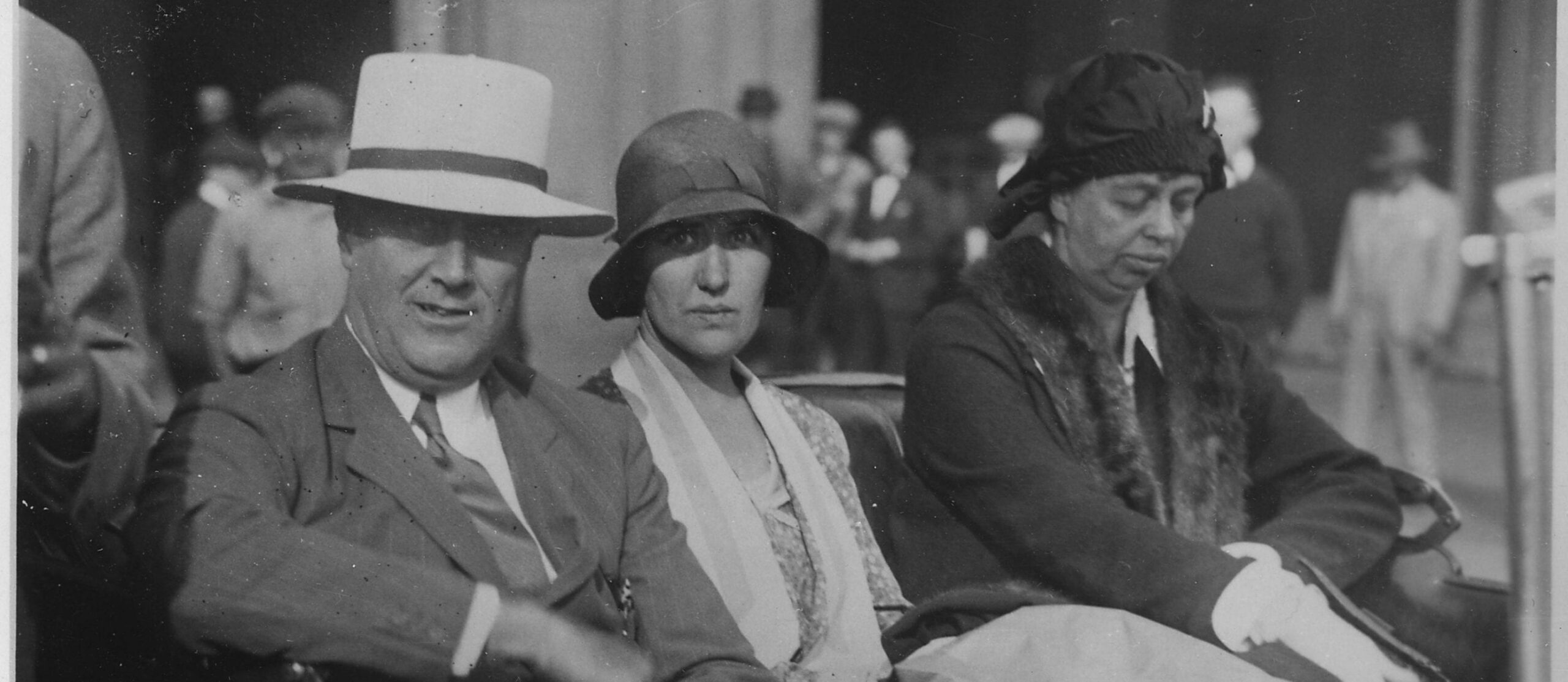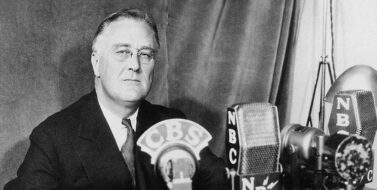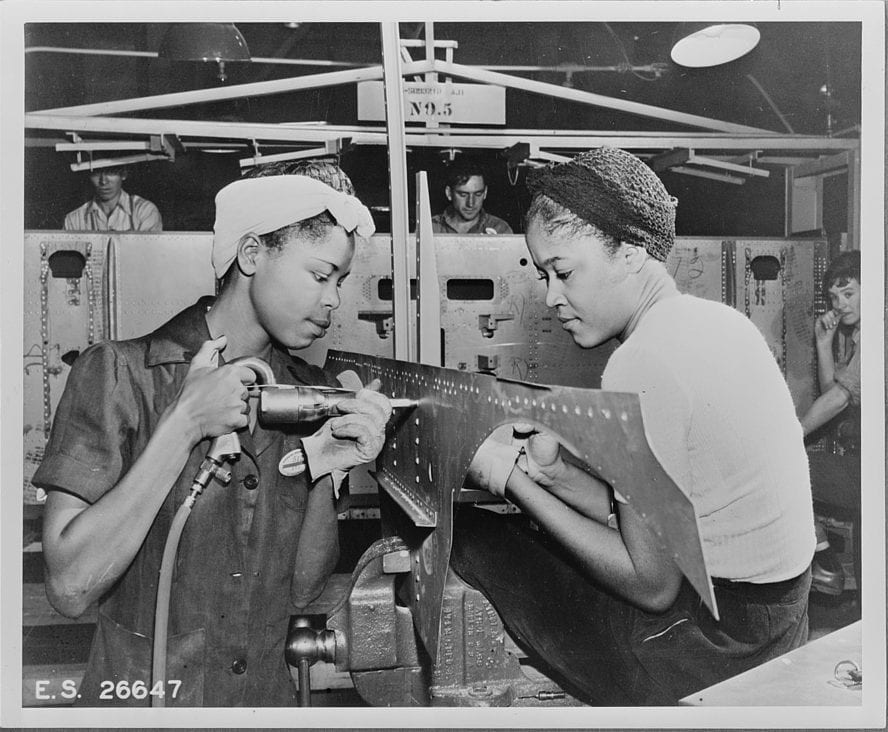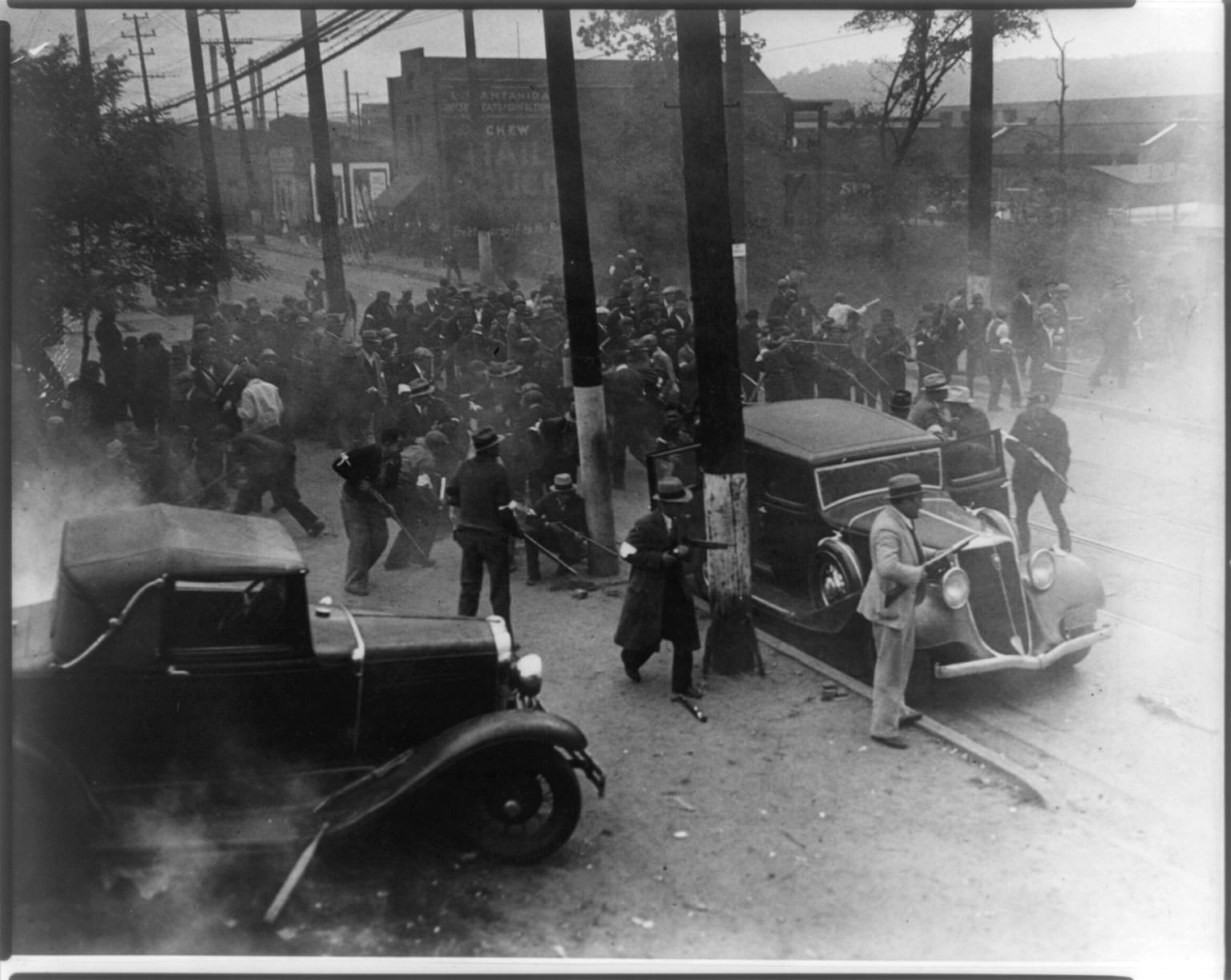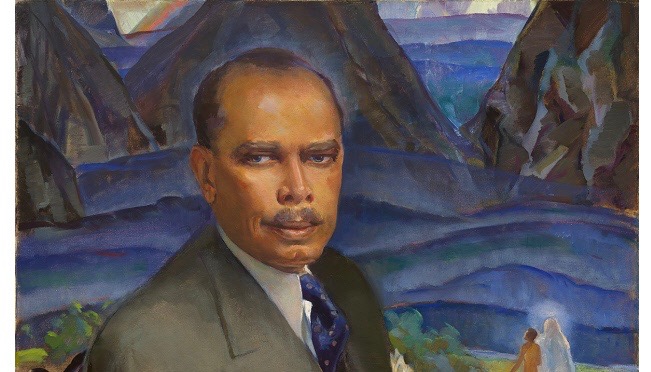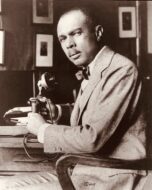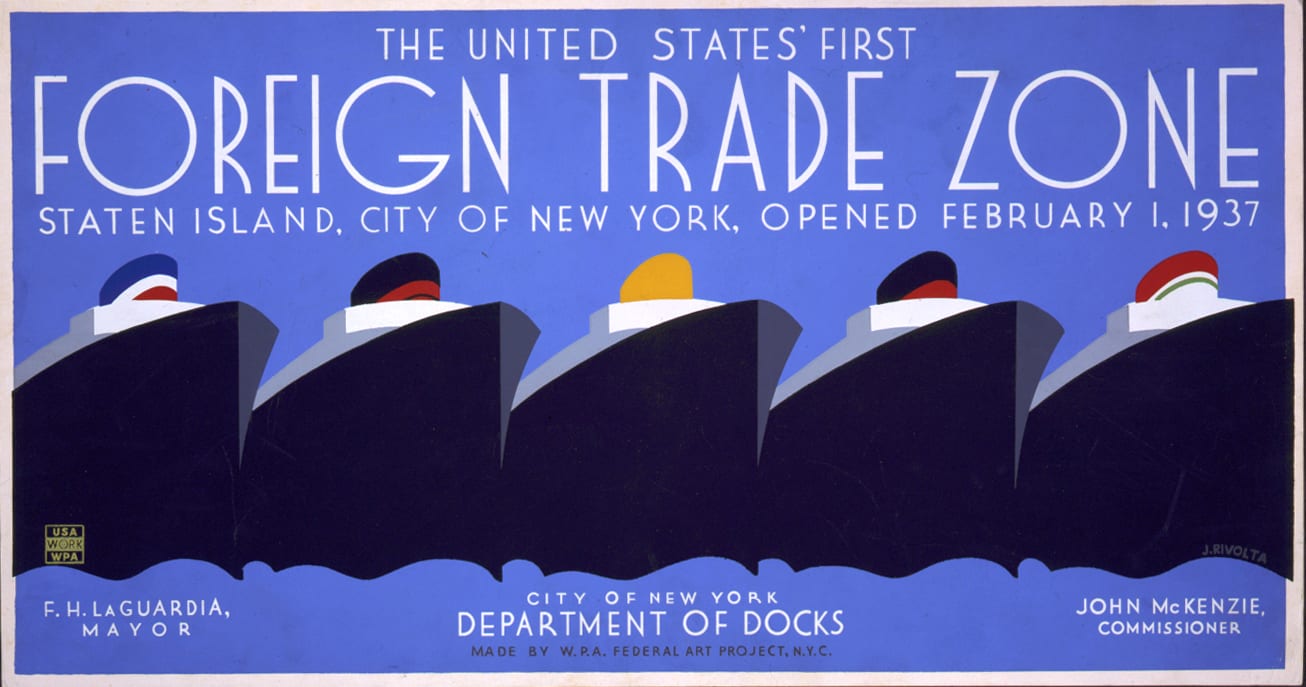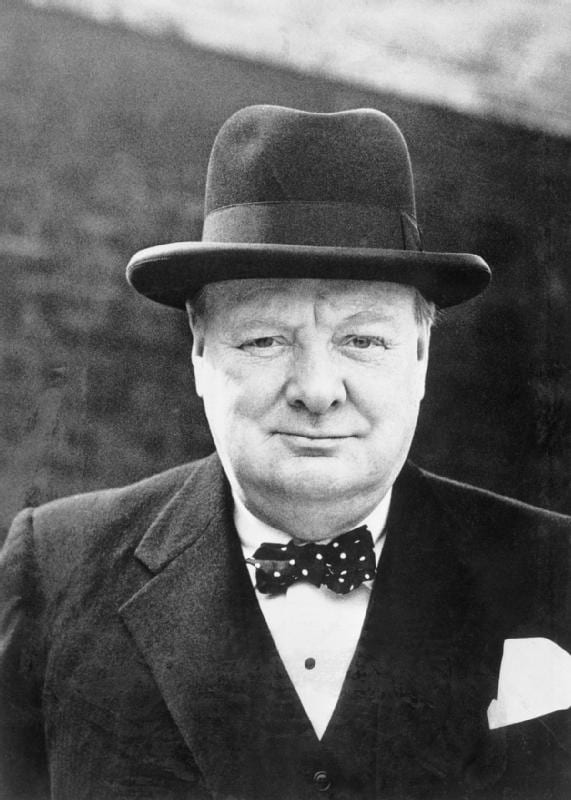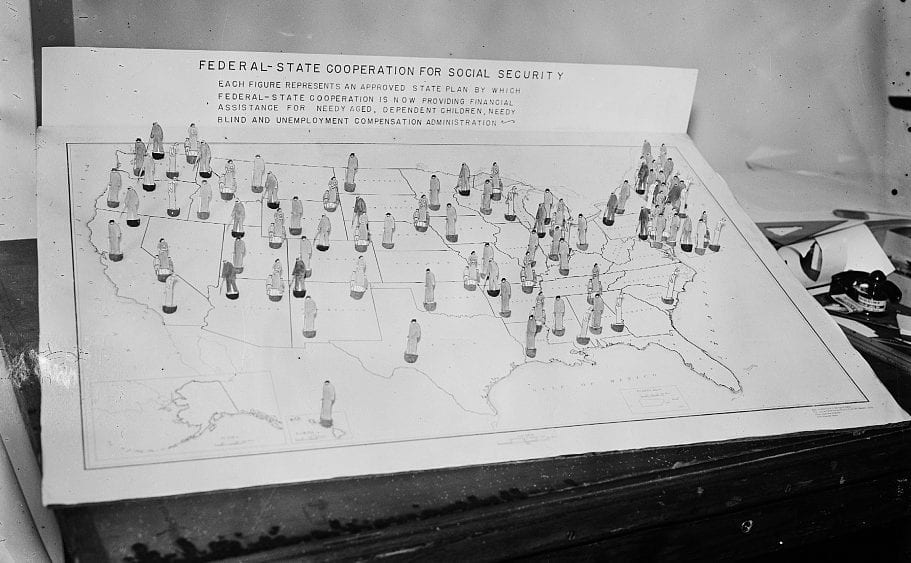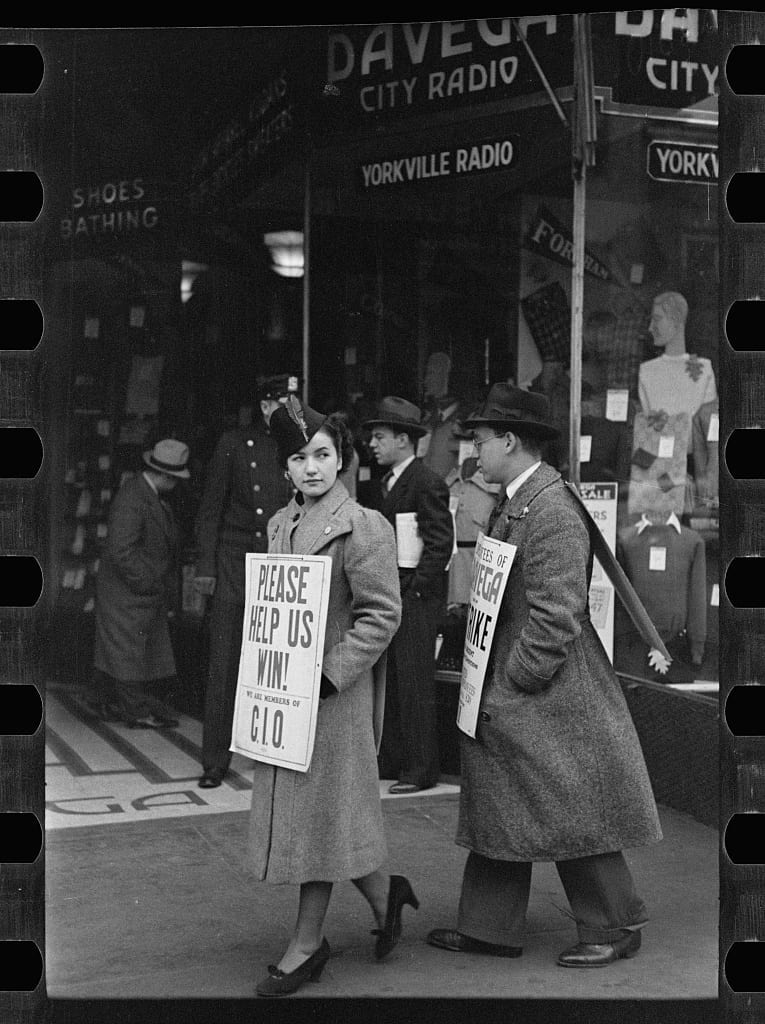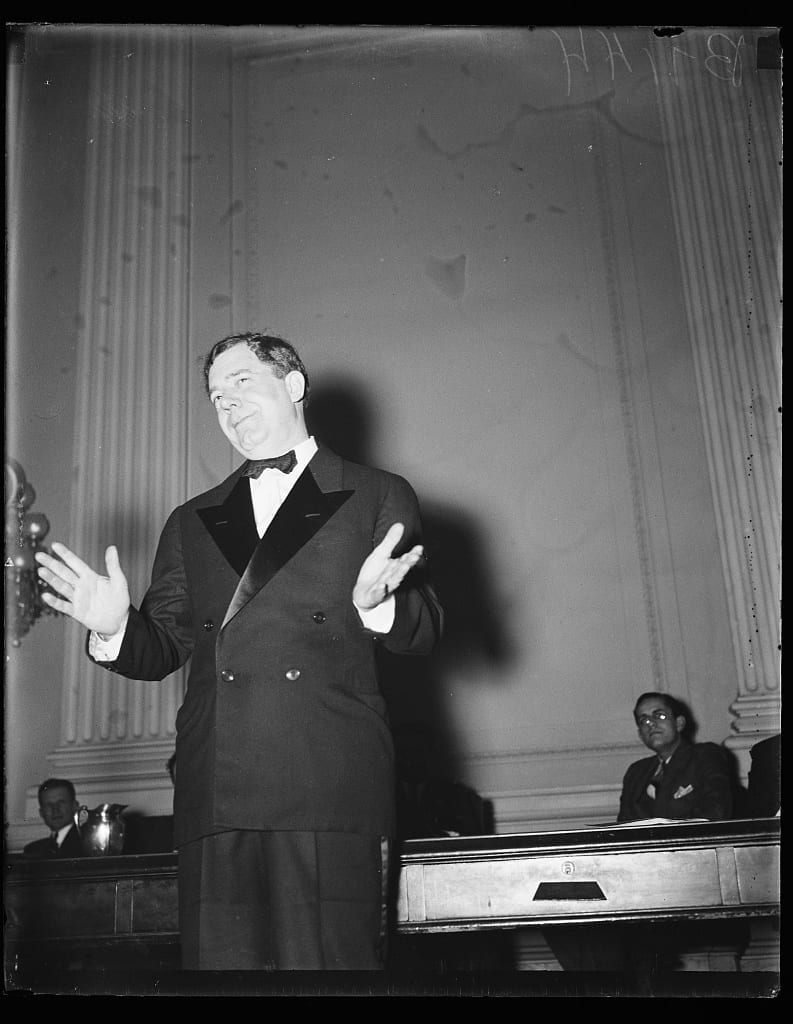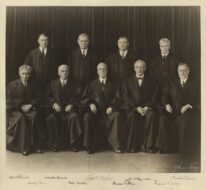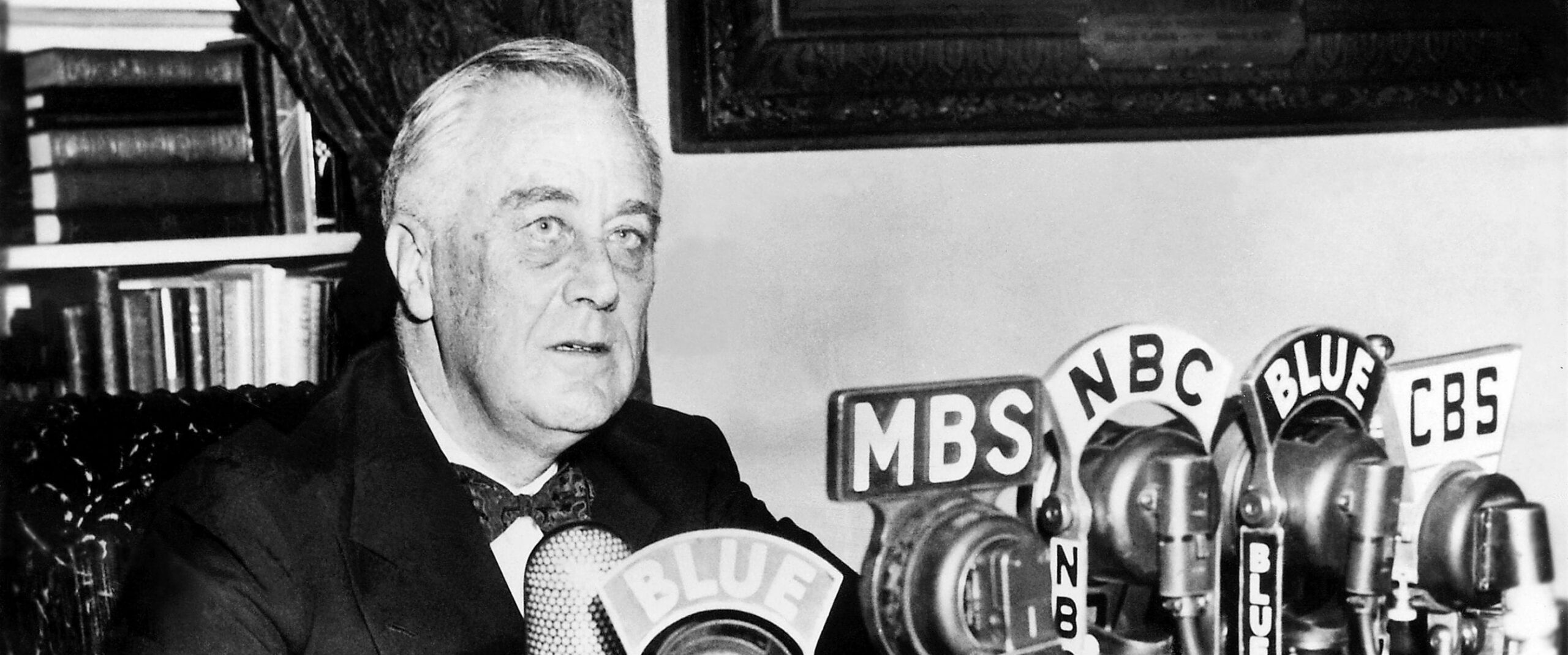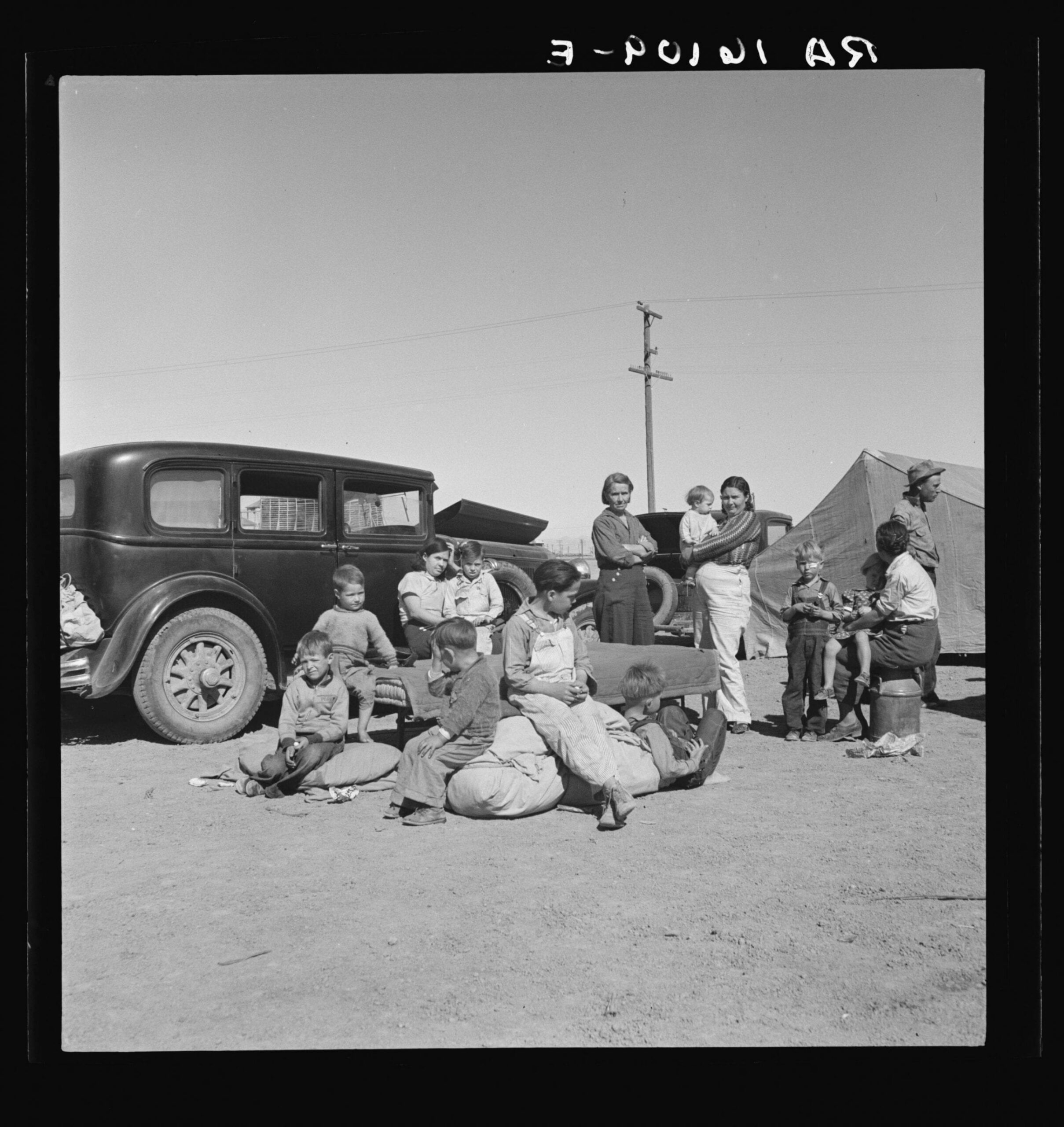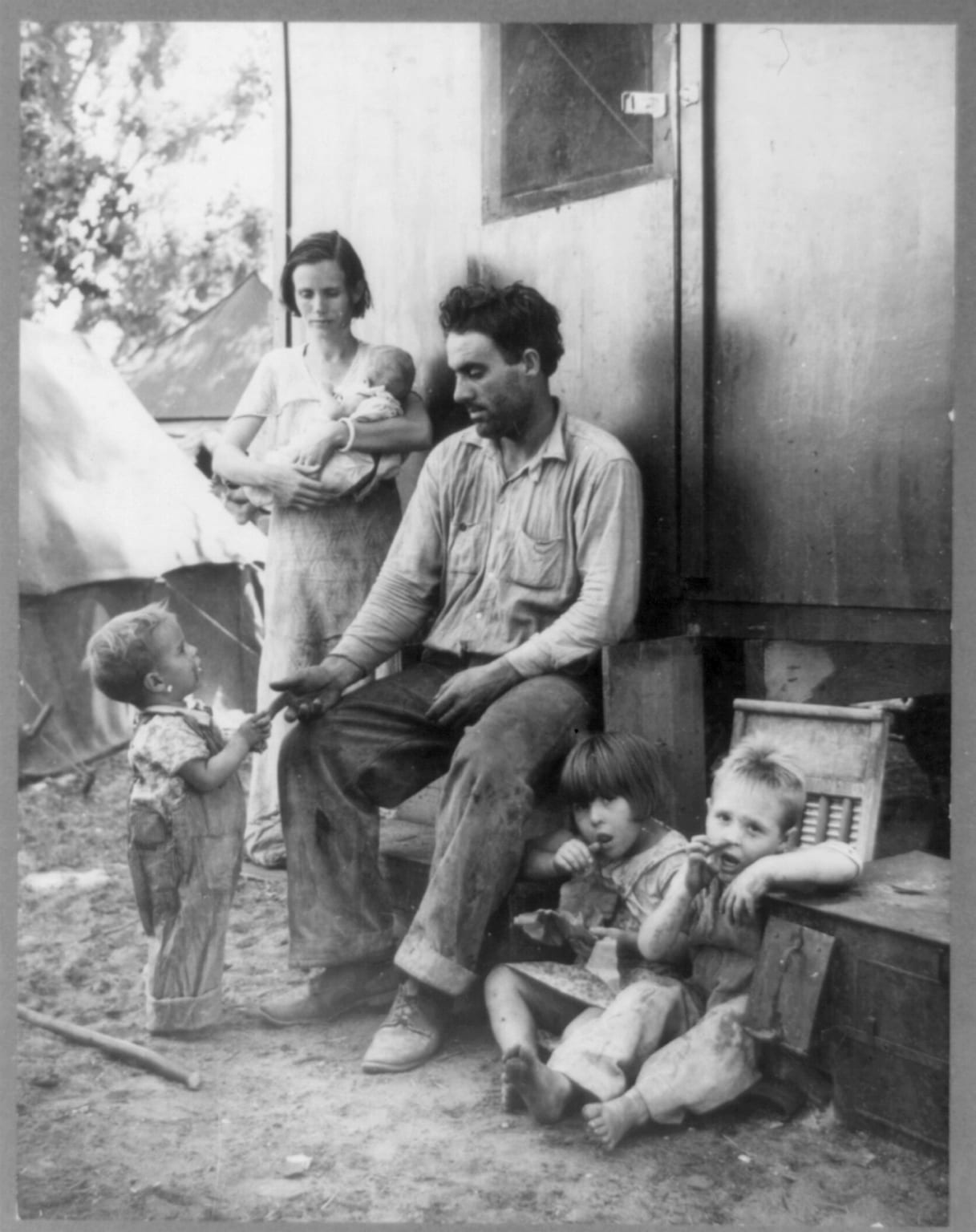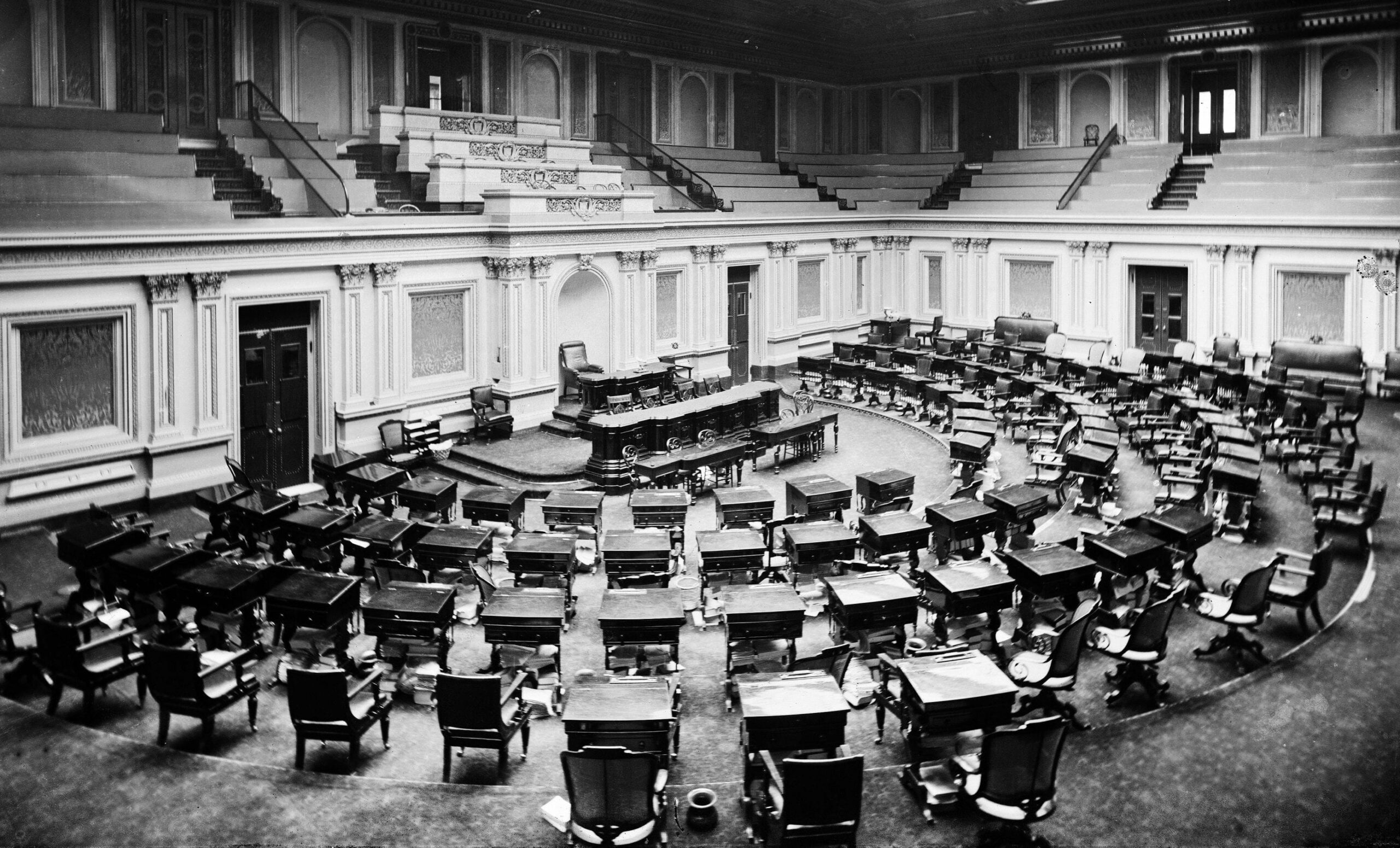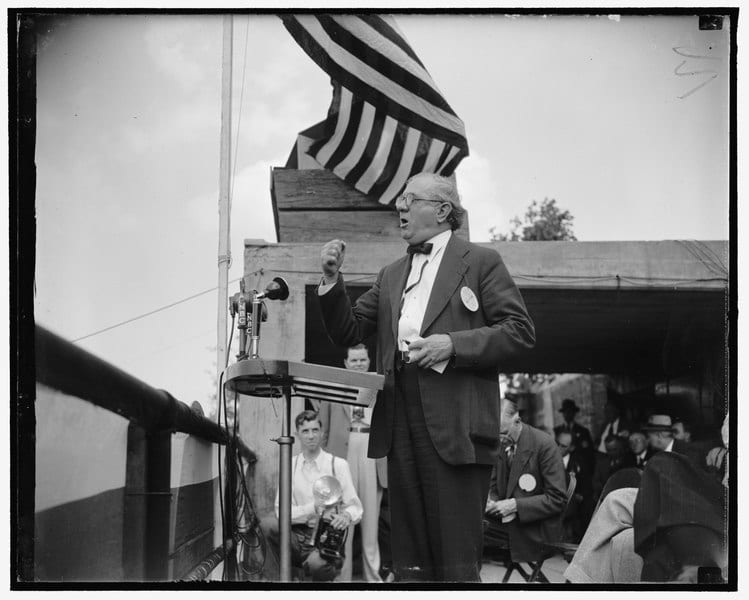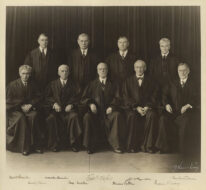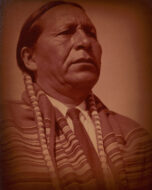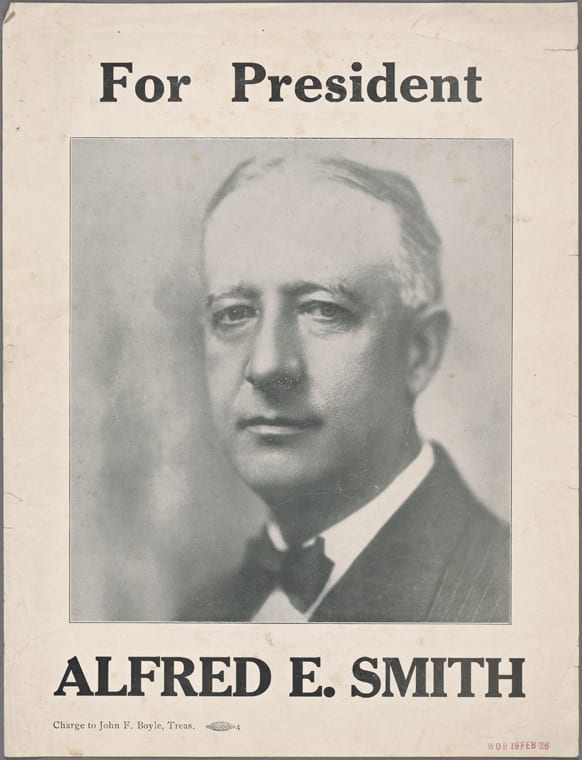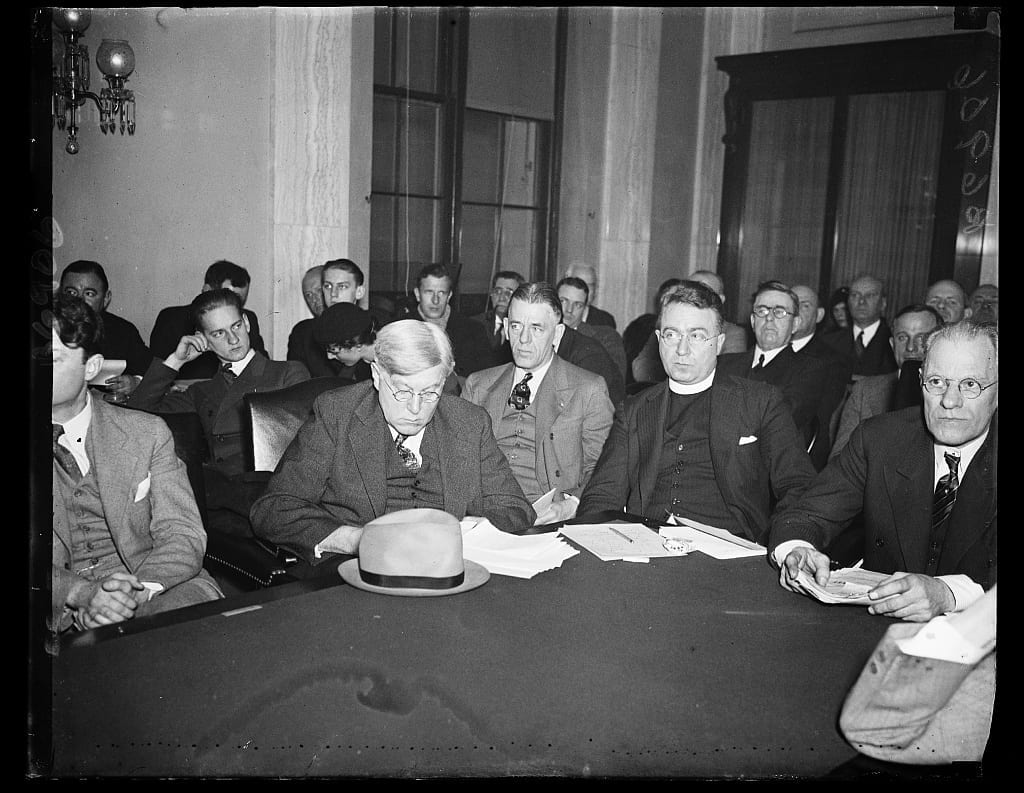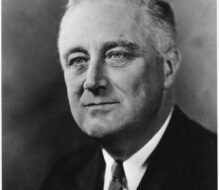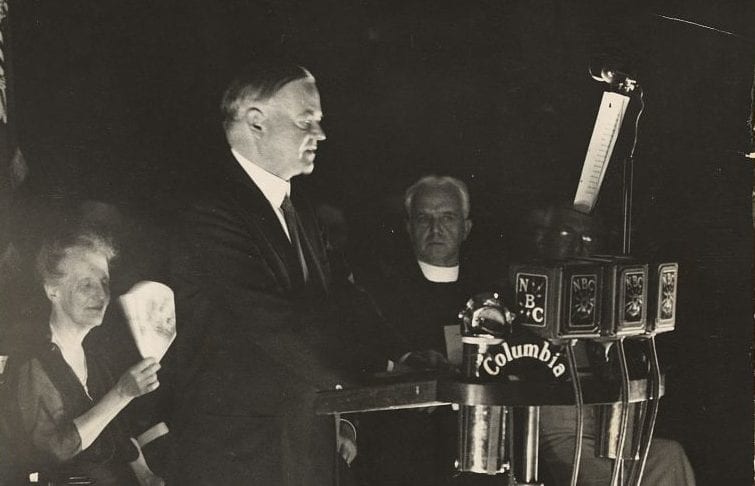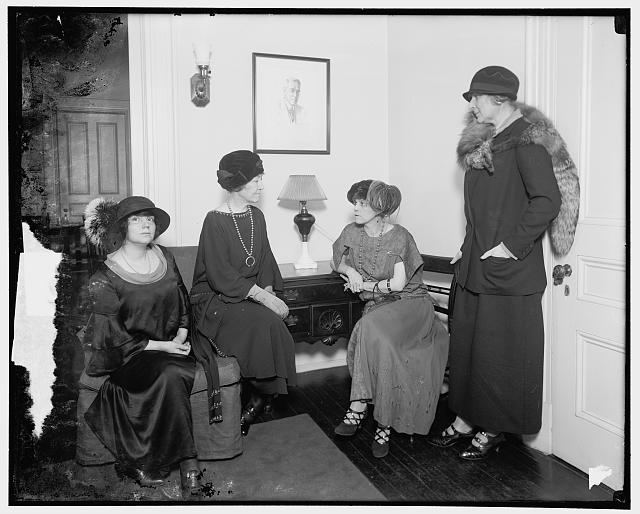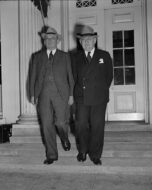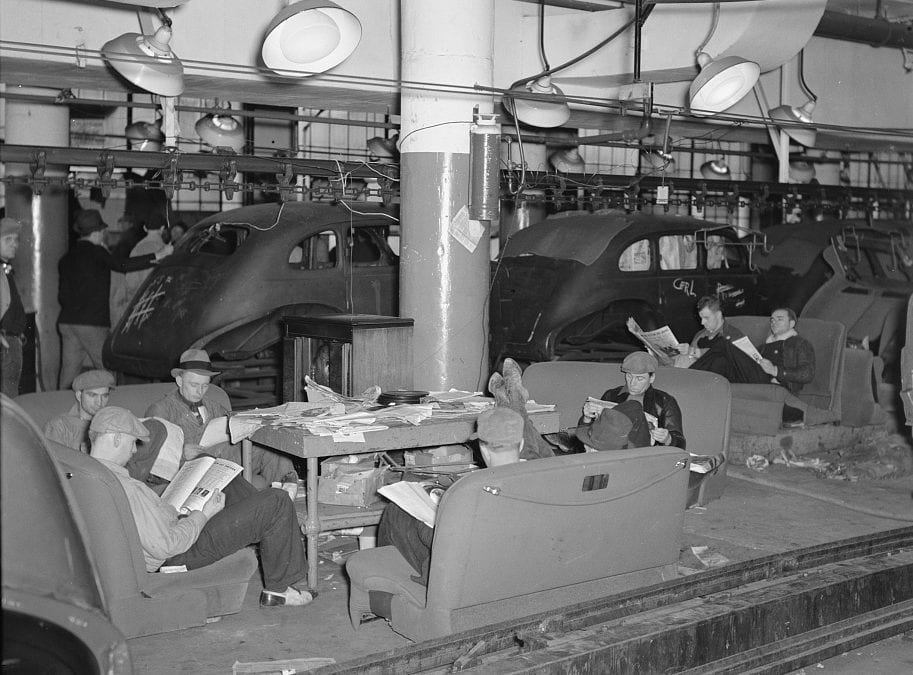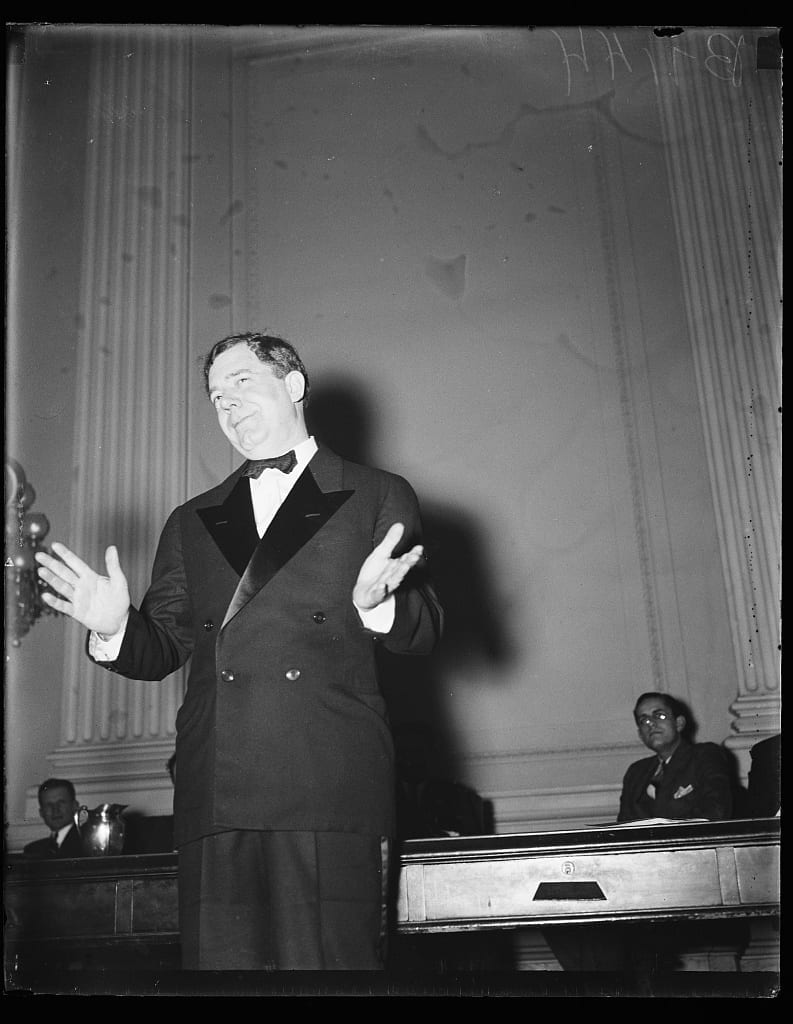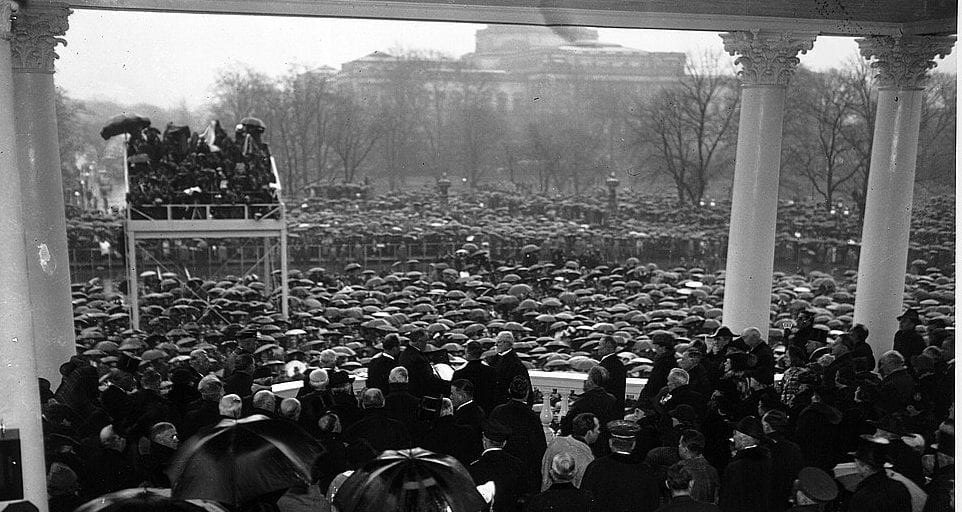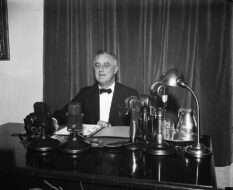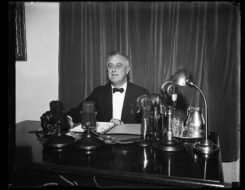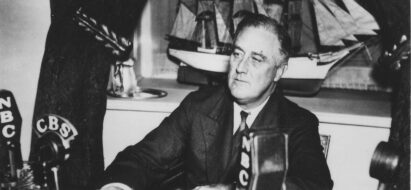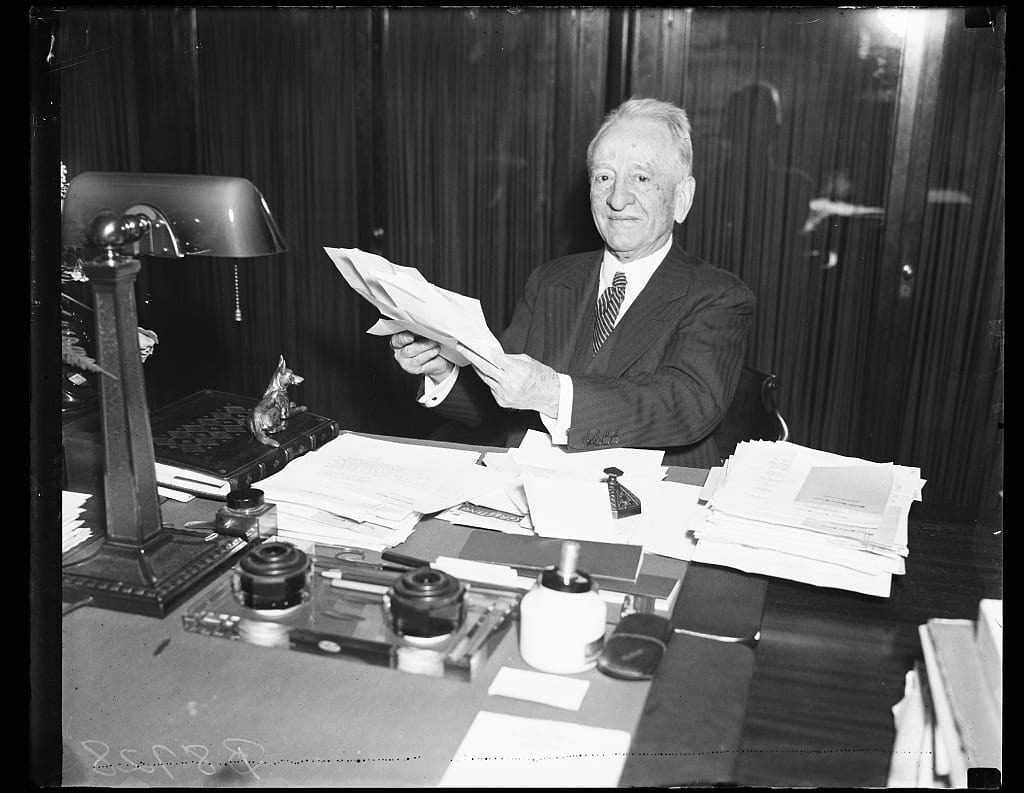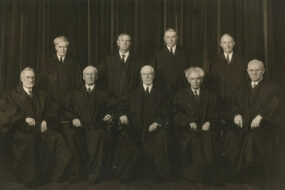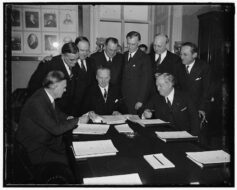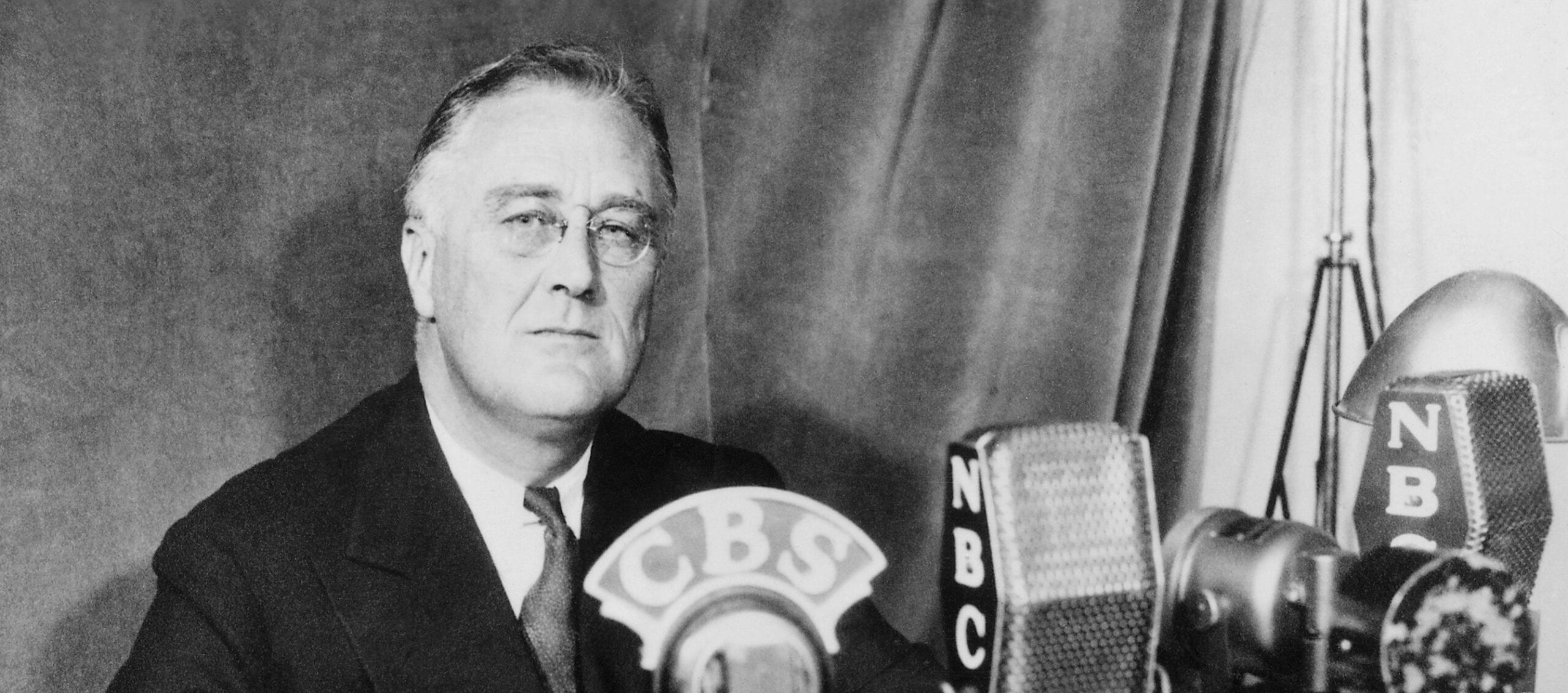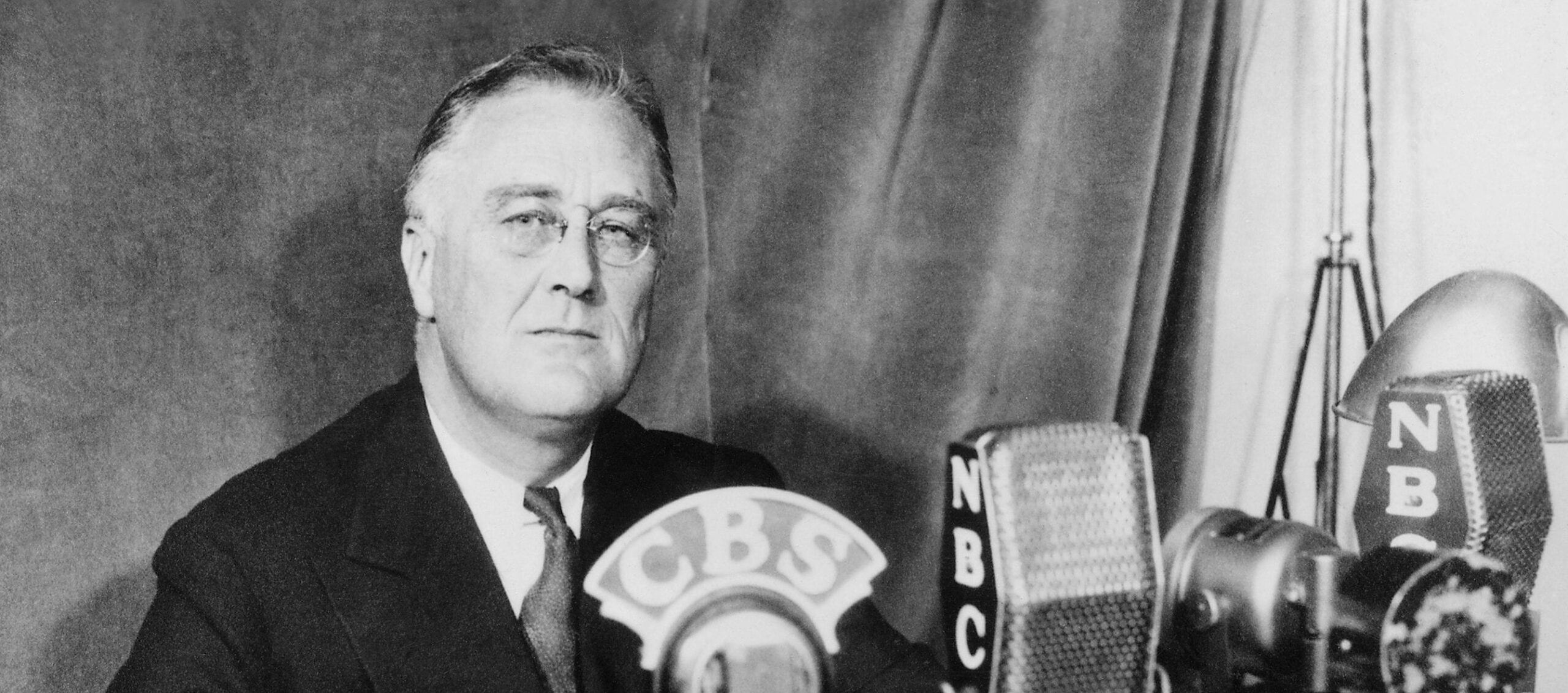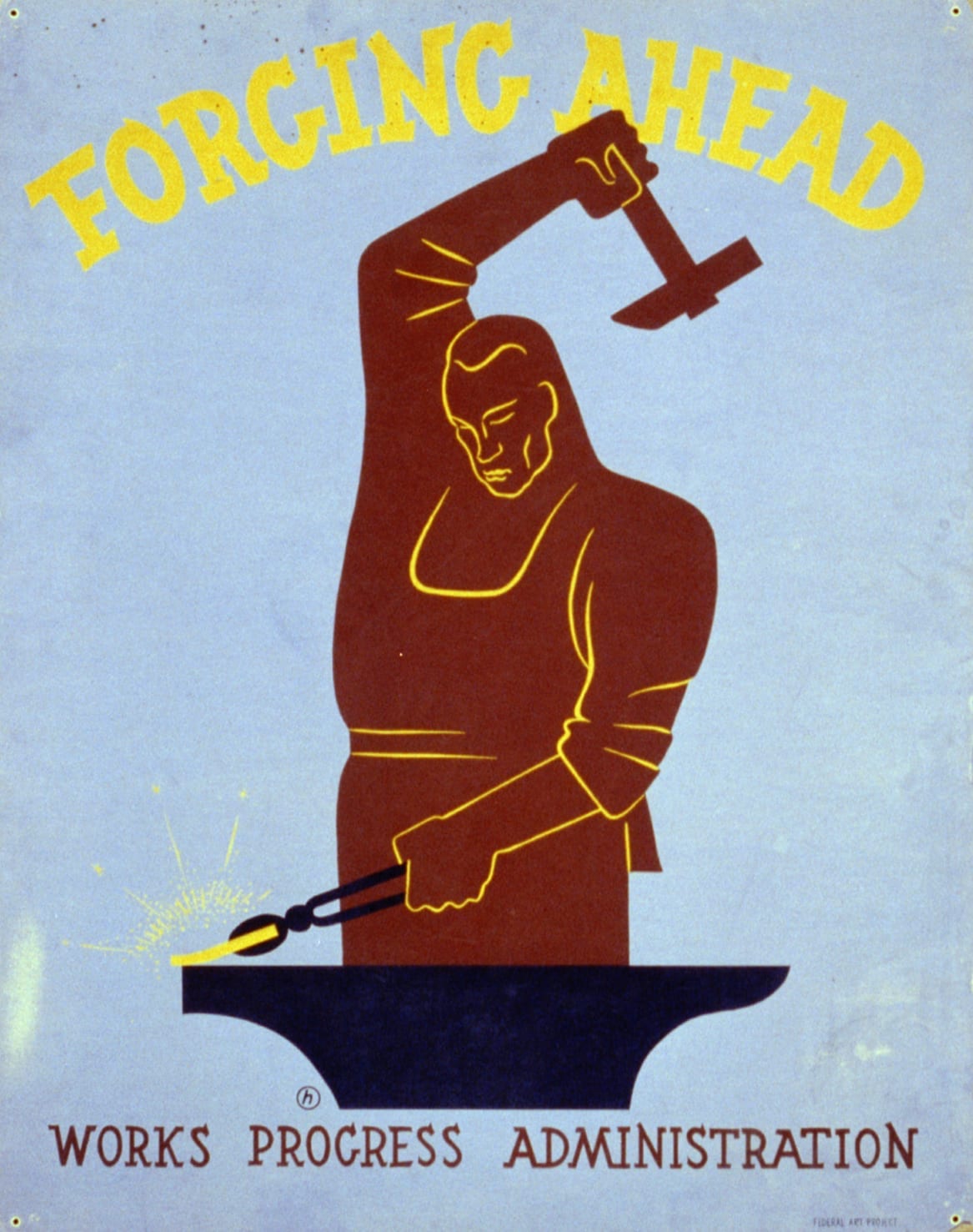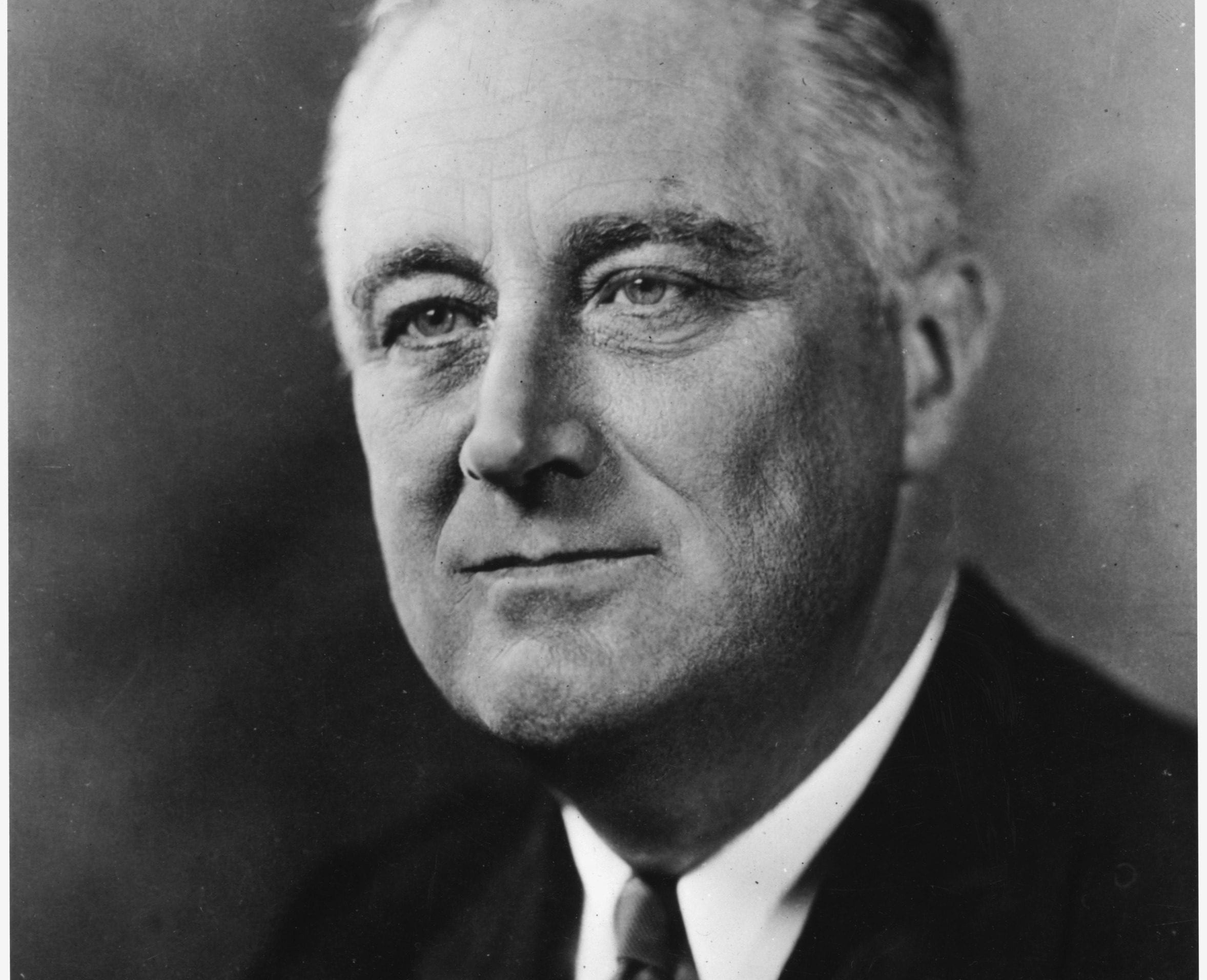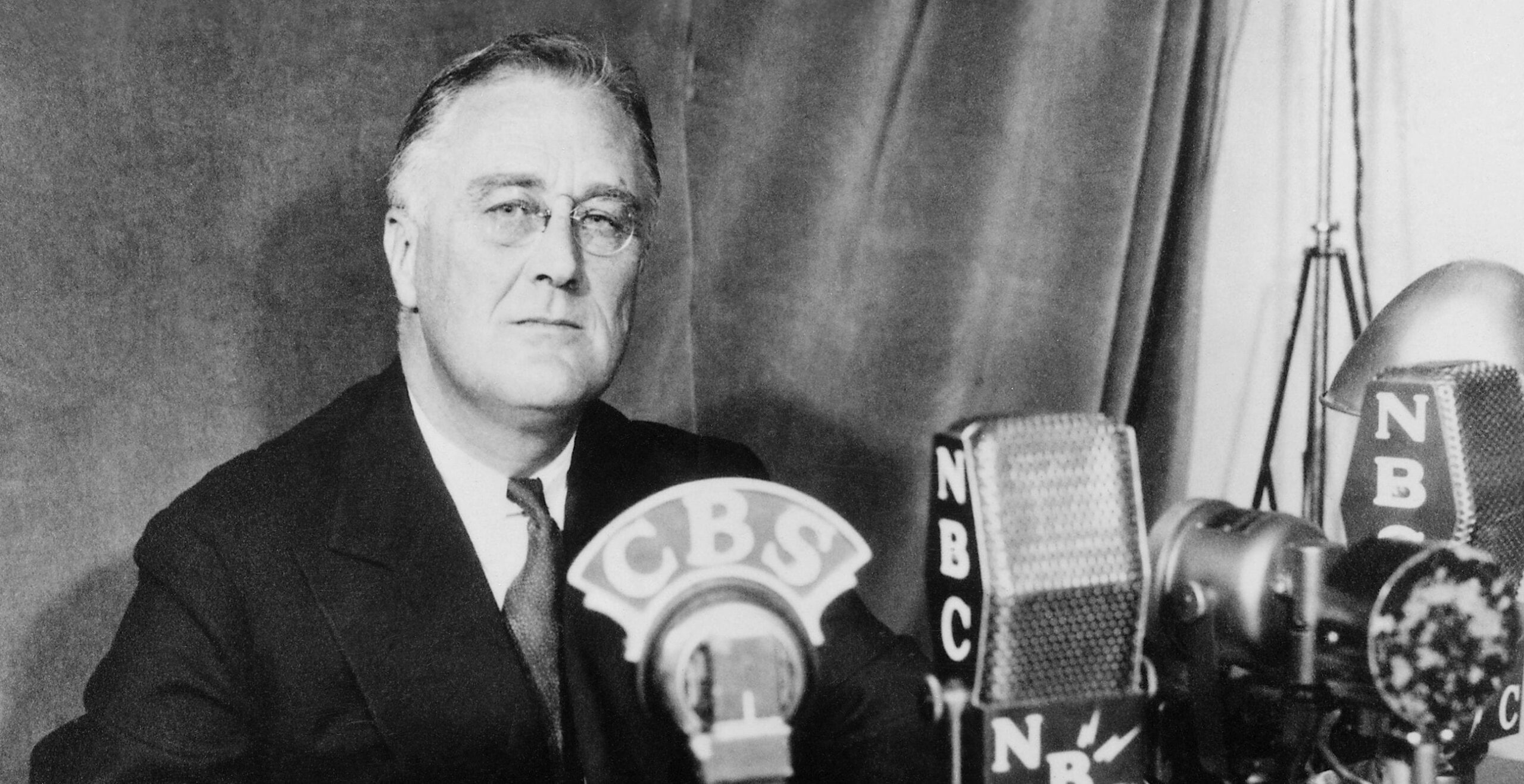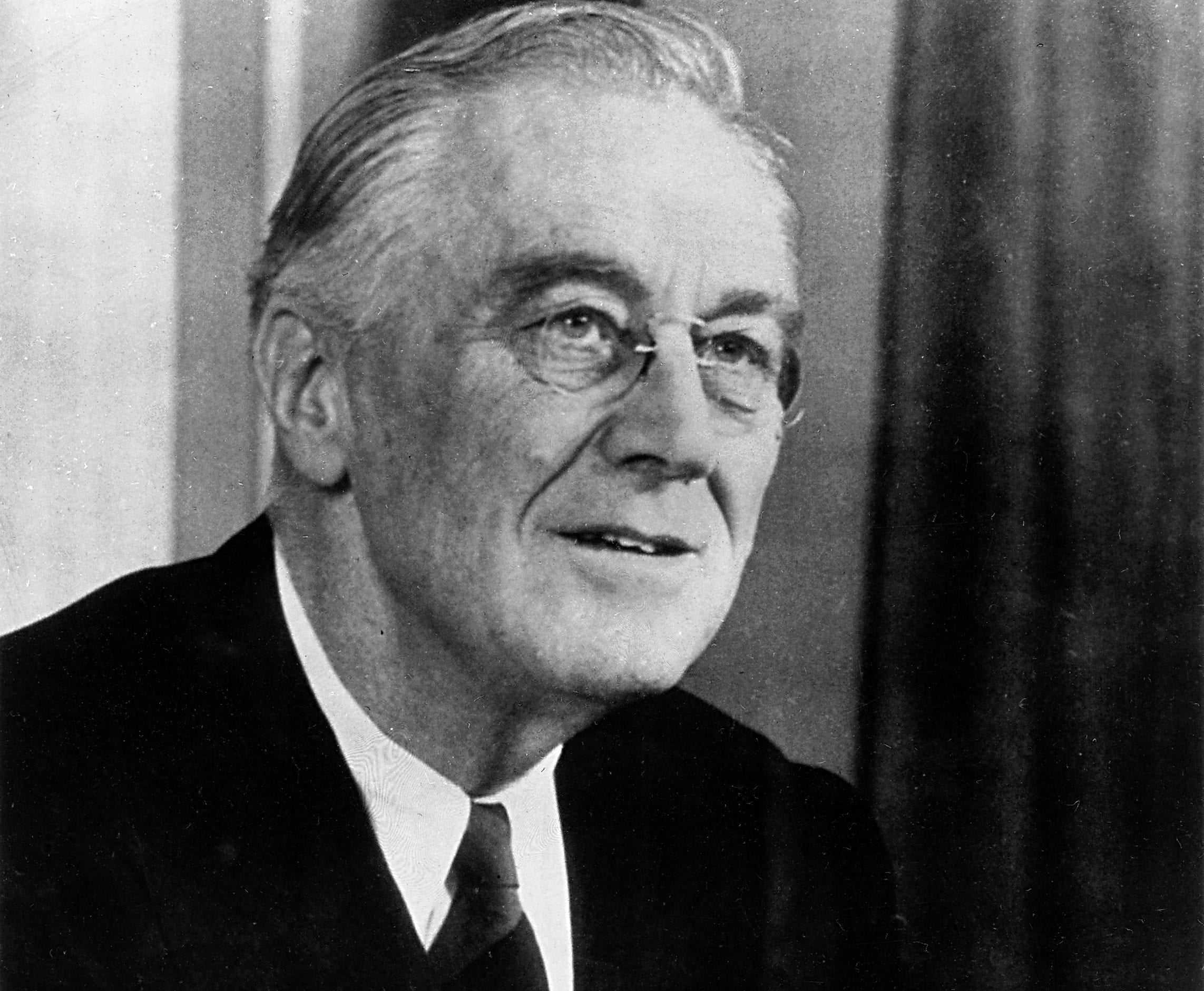


No related resources
Introduction
James Weldon Johnson (1871–1938) was a genuine Renaissance man and a leading figure in the Harlem Renaissance, a period of African American cultural efflorescence centered in Harlem, New York, in the 1920s and 1930s. A highly skilled lyricist and writer, he composed, with his brother, “Lift Ev’ry Voice and Sing,” commonly referred to as the black national anthem, and authored works of poetry and prose, fiction and nonfiction. He was also a lawyer, an educator, a diplomat (appointed by Theodore Roosevelt to serve as U.S. consul in Venezuela and Nicaragua), and a civil rights leader who served as chief executive officer for the NAACP from 1920 to 1930. In 1934 he became the first African American professor at New York University. He died in an auto accident in 1938.
The excerpt below is drawn from a closing chapter in Johnson’s autobiography.
Source: James Weldon Johnson, Along This Way: The Autobiography of James Weldon Johnson (New York: Viking Press, 1961; originally published 1933), 409–13. Excerpt(s) from Along this Way by James Weldon Johnson, copyright 1933 by James Weldon Johnson; copyright renewed © 1961 by Grace Nail Johnson. Used by permission of Viking Books, an imprint of Penguin Publishing Group, a division of Penguin Random House LLC. All rights reserved.
I am sometimes questioned concerning my glance forward. I am questioned by people who want to know my views about the future of the Negro in the United States: Will the race continue to advance? Is the national attitude toward the Negro changing; and if so, is it for the better? Will the Negro turn to communism? My answer always is that the race will continue to advance. In giving that answer, I assume no prophetic attributes; I base it on the fact that the race has given a three-hundred-year demonstration of its ability to survive and advance under conditions and in the face of obstacles that will not, by any discernible probabilities, ever again be so hard. That, I think, gives a definite earnest for the future. . . .
Despite the many contrary appearances and all the numerous actual inequalities and wrongs that persist, I feel certain that in the continuous flux of the factors in the race problem the national attitude toward the Negro is steadily changing for the better. When it is borne in mind that the race problem in America is not the problem of twelve million moribund people intent upon sinking into a slough of ignorance, poverty, and decay in the midst of our civilization, in spite of all efforts to save them—that would indeed be a problem—but is, instead, the question of opening new doors of opportunity at which these millions are constantly knocking, the crux shifts to a more favorable position, and gives a view that makes it possible to observe that faster and faster the problem is becoming a question of mental attitudes toward the Negro rather than of his actual condition. The new doors of opportunity have been slowly but gradually opening and I believe that changing mental attitudes will cause them to be opened more and more rapidly. I see some signs of these changes in the South; and I think it among the probabilities that a gradual revolution will be worked out there by enlightened white youth, moved consciously by a sense of fair play and decency, and unconsciously by a compulsion to atone for the deeds of their fathers.
I believe that economic factors will work toward the abolishment of many of the inequalities and discriminations in the South. That section, the poorest of the country, must yield to pressure against the policy of maintaining a dual educational system, a dual railroad system, dual public park systems, and draining duplications in many another economic and civic enterprise. The absurdity of a man going into business and at the start barring the patronage of one-third to one-half of the community must eventually counterbalance all the prejudices that bolster up such an unsound practice. This process will be hastened by the growth of the economic strength of Negroes themselves. I here stress the South not under any misapprehension that it is the only section of prejudice and discrimination against Negroes, but because it is in the South that the race problem must be solved; because it will not be completely solved in any other section of the country until it is solved there; because essentially the status of the Negro in all other sections will depend upon what it is in the South.
Will the Negro turn to communism? I do not think so. A restless fringe in the larger cities may go over, but the race shows practically no inclination to do so, either among the intellectuals or the masses. No group is more in need or more desirous of a social change than the Negro, but in his attitude toward communism he is displaying common sense. There are no indications that the United States will ever adopt communism, and it is more than probable that in this country it will, in its present form, continue to be an outlawed political and economic creed; then, for the Negro to take on the antagonisms that center against it, in addition to those he already carries, would from any point of view, except that of fanaticism, be sheer idiocy. I feel that the Negro should not hesitate at revolution that would bring in an era which fully included him in the general good, but, despite the enticing gestures being made, I see absolutely no guarantees that communism, even if it could win, would usher in such an era. Indeed, I do not see that political and economic revolutions ever change the hearts of men; they simply change the bounds within which the same human traits and passions operate. If any such change should tomorrow take place in the United States, the Negro would not find himself miraculously lifted up, but still at the lower end of the social scale, and still called upon to work and fight persistently to rise in that scale. The only kind of revolution that would have an immediately significant effect on the American Negro’s status would be a moral revolution—an upward push given to the level of ethical ideas and practices. And that, probably, is the sole revolution that the whole world stands in need of.
Often I am asked if I think the Negro will remain a racial entity or merge; and if I am in favor of amalgamation. I answer that, if I could have my wish, the Negro would retain his racial identity, with unhampered freedom to develop his own qualities—the best of those qualities American civilization is much in need of as a complement to its other qualities—and finally stand up on a plane with other American citizens. To convince America and the world that he was capable of doing this would be the greatest triumph he could wish and work for. But what I may wish and what others may not wish can have no effect on the elemental forces at work; and it appears to me that the result of those forces will, in time, be the blending of the Negro into the American race of the future. It seems probable that, instead of developing them independently to the utmost, the Negro will fuse his qualities with those of the other groups in the making of the ultimate American people; and that he will add a tint to America’s complexion and put a perceptible permanent wave in America’s hair. It may be that nature plans to work out on the North American continent a geographical color scheme similar to that of Europe, with the Gulf of Mexico as our Mediterranean. My hope is that in the process the Negro will be not merely sucked up but, through his own advancement and development, will go in on a basis of equal partnership.
If I am wrong in these opinions and conclusions, if the Negro is always to be given a heavy handicap back of the common scratch,1 or if the antagonistic forces are destined to dominate and bar all forward movement, there will be only one way of salvation for the race that I can see, and that will be through the making of its isolation into a religion and the cultivation of a hard, keen, relentless hatred for everything white. Such a hatred would burn up all that is best in the Negro, but it would also offer the sole means that could enable him to maintain a saving degree of self-respect in the midst of his abasement.
But the damage of such a course would not be limited to the Negro. If the Negro is made to fail, America fails with him. If America wishes to make democratic institutions secure, she must deal with this question right and righteously. For it is in the nature of a truism to say that this country can actually have no more democracy than it accords and guarantees to the humblest and weakest citizen.
It is both a necessity and to the advantage of America that she deal with this question right and righteously; for the well-being of the nation as well as that of the Negro depends upon taking that course. And she must bear in mind that it is a question which can be neither avoided nor postponed; it is not distant in position or time; it is immediately at hand and imminent; it must be squarely met and answered. And it cannot be so met and answered by the mere mouthings of the worn platitudes of humanitarianism, of formal religion, or of abstract democracy. For the Negroes directly concerned are not in far-off Africa; they are in and within our midst.
- 1. The common starting point.
Annual Message to Congress (1934)
January 03, 1934
Conversation-based seminars for collegial PD, one-day and multi-day seminars, graduate credit seminars (MA degree), online and in-person.
